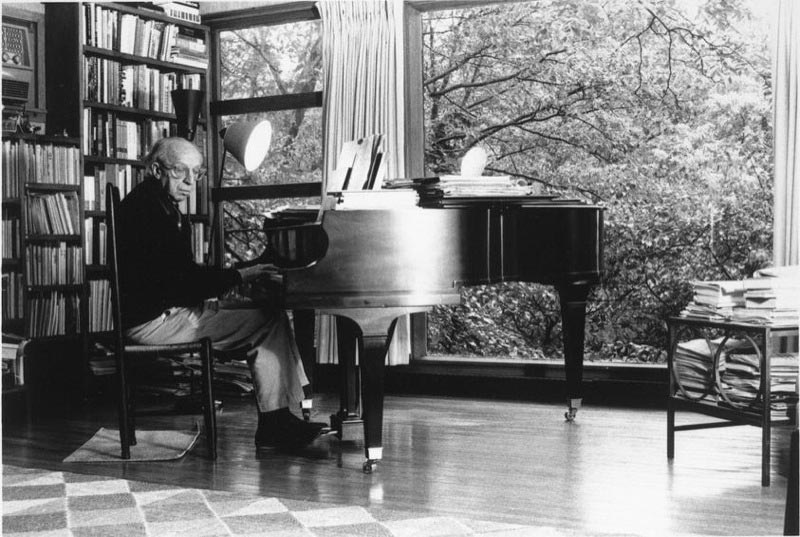
1900 - 1990
Aaron Copland.

Aaron Copland.
Max Planck introduces the idea of 'quantizing energy'.
The practice of taking afternoon coffee takes off in Germany.
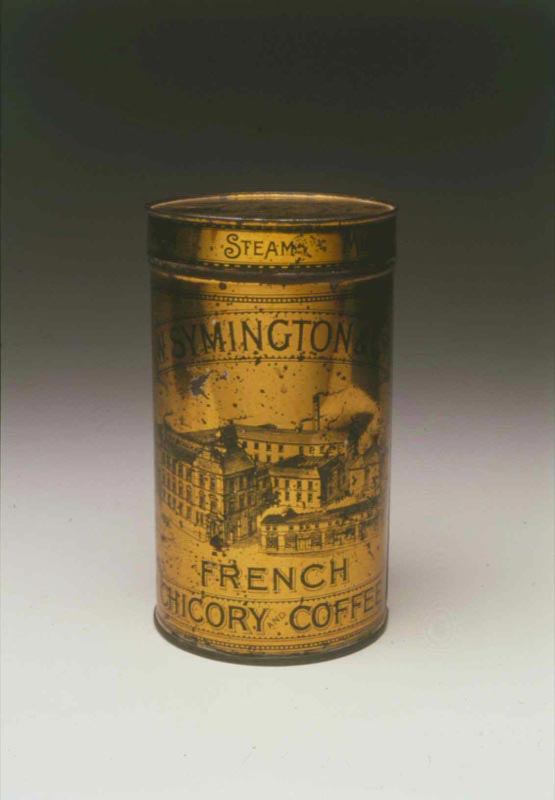
Hills Brothers start packaging coffee in vacuum sealed tins.
Coffee Robusta is planted in Java.
Hershey's introduce the Hershey bar.
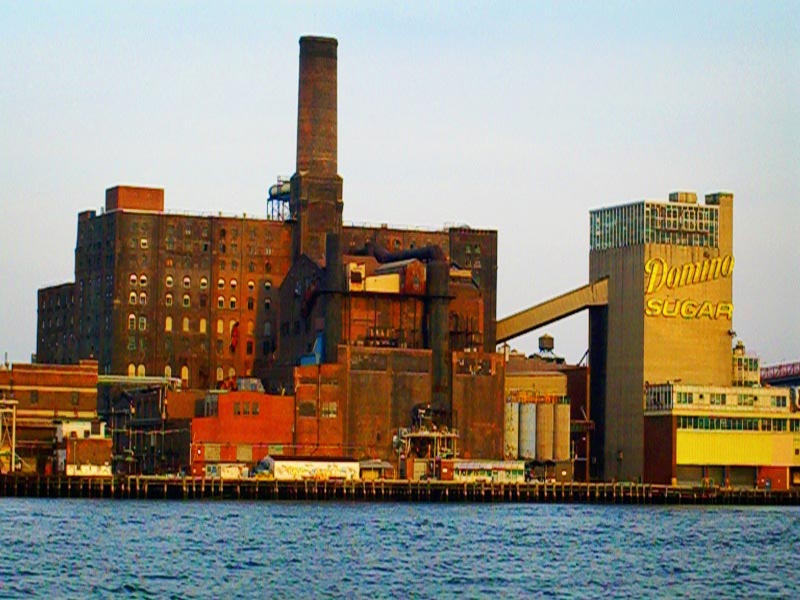
The American Sugar Refining Company is renamed as Domino Sugar.
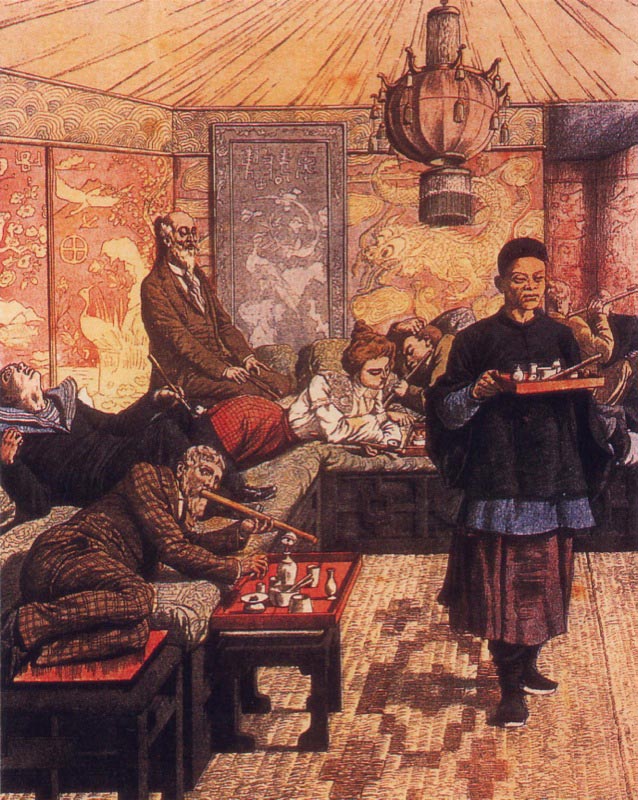
Britain and France attempt to suppress the production of opium in the 'Golden Triangle' region of South East Asia, covering Burma, Vietnam, Laos and Thailand.
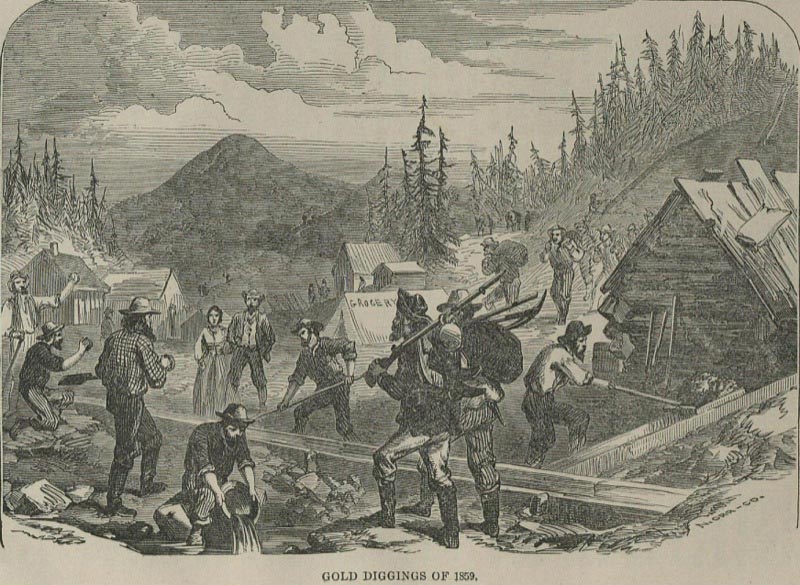
America passes the Gold Standard Act, matching its currency to the value of gold.
The Ashanti Wars in Ghana. British forces suppress an African uprising.
New foods introduced to America in 1900: Wesson Oil, Hershey bars, Hills Bros coffee.
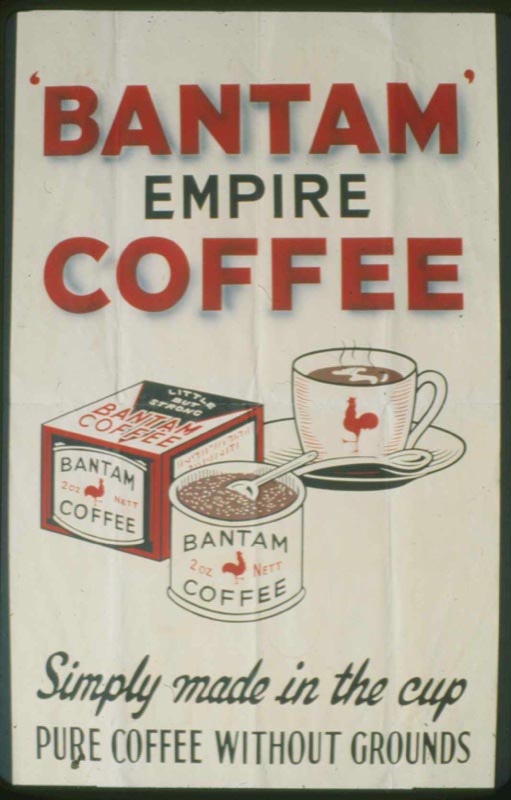
Satori Kato invents instant coffee in Chicago.
Suchard introduces the Milka bar.
Duke buys Ogden Tobacco, significantly increasing his UK presence.
Imperial Tobacco is formed from W. D. & H. O. Wills, John Player and 11 other British tobacco companies, to try to provide opposition to American Tobacco and Duke.
The Peruvian cotton crop is decimated by a virus.
The Idaho Sugar Company is established by Mormon businessmen from Utah.
The Monsanto Company is founded in St Louis Missouri. Its first product is the sweetener Sacharrin, which it supplies to Coca-Cola.
Australia gains independence from Britain as a Commonwealth nation.
The National Antarctic Expedition led by Robert Falcon Scott discovers the Polar Plateau.
The first German Antarctic Expedition explores Eastern Antarctica.
In the Smithsonian Annual Report of 1901 Robert Thurston suggests wind, tidal and solar power as replacements for coal.
American Scenic and Historic Preservation Society is founded.
German poet Rainer Maria Rilke combines nationalism and environmentalism in his poetry.
John Muir writes Our National Parks.
Henry Perky relocates The Natural Food Company to Niagara Falls, NY, to produce Shredded Wheat.
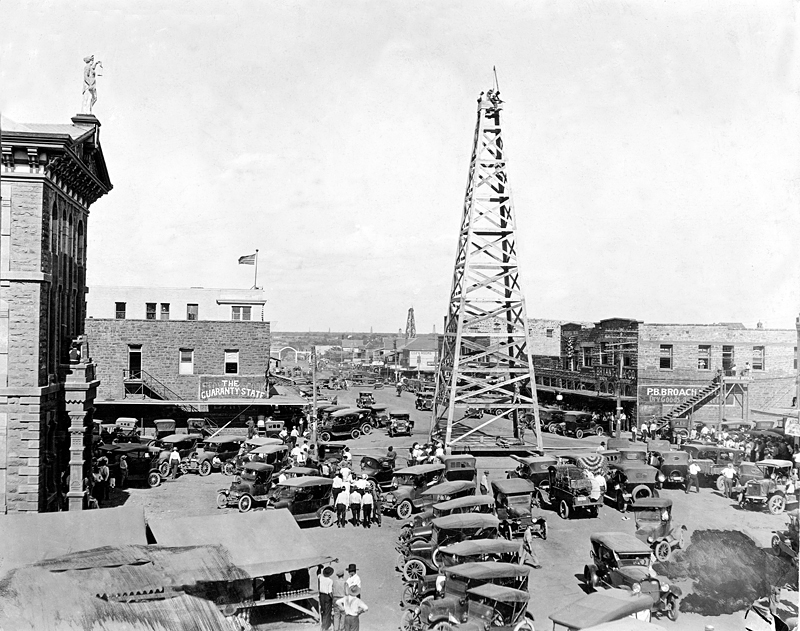
Gulf Oil and Texaco are formed after huge quantities of oil were struck at Spindletop oil field in East Texas. The discovery led to the 'Texas Oil Boom' and rapid economic growth.
British American Tobacco is formed as a joint venture between J. B. Duke's American Tobacco and Britain's Imperial Tobacco. They agree not to trade in each other's home territory.
Philip Morris creates a US company in New York.
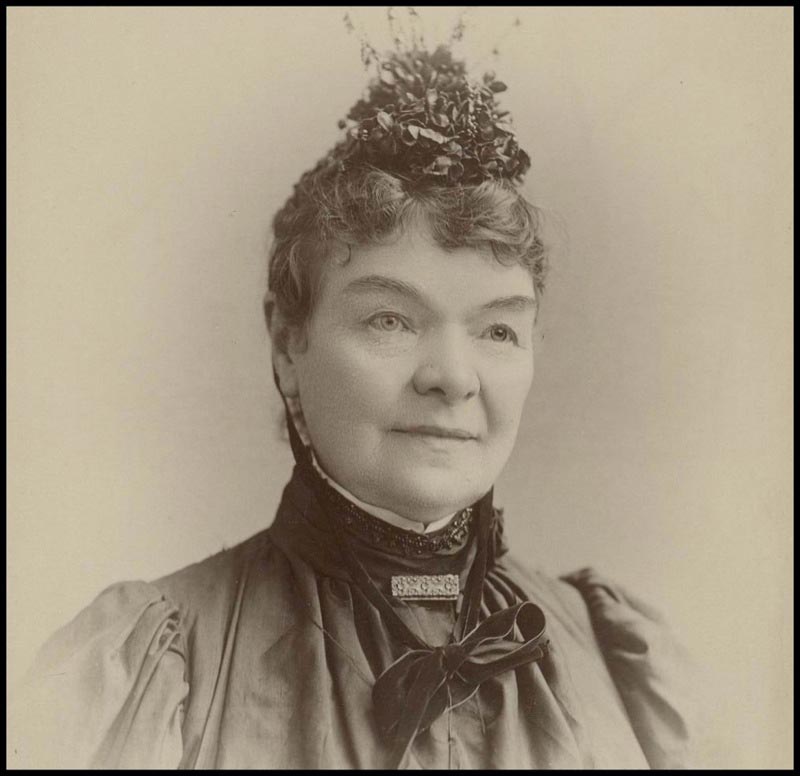
Women get the vote in Australia.
New foods introduced to America in 1902: Barnum's Animal Crackers, Presto self-rising cake flour, Salada Tea, Karo Corn Syrup, NECCO Conversation Hearts.
The Scottish Antarctic Expedition establish a permanent weather base in the South Orkney Islands.
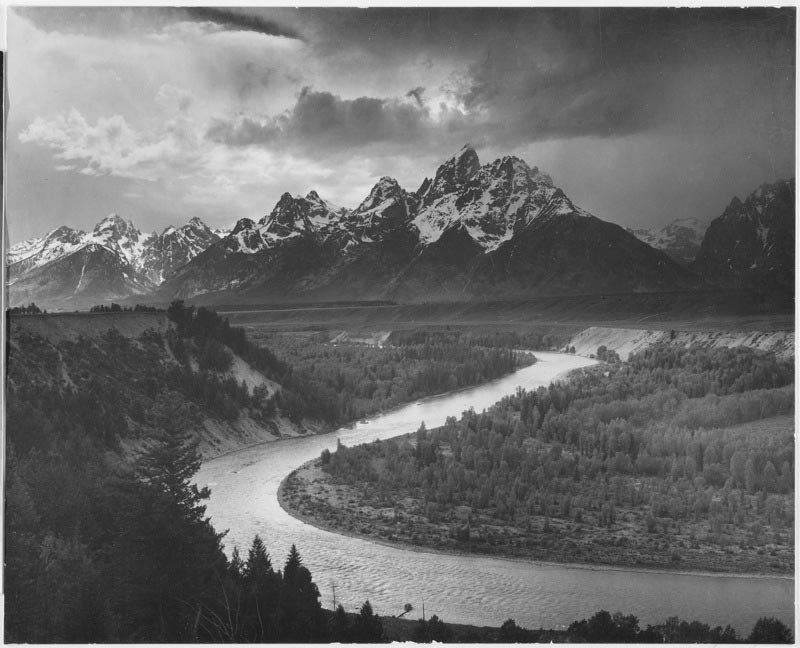
Ansel Adams' photographs of American Western landscapes will become icons of the conservation movement in US.
New foods introduced to America in 1902: Barnum's Animal Crackers, Presto self-rising cake flour, Salada Tea, Karo Corn Syrup, NECCO Conversation Hearts
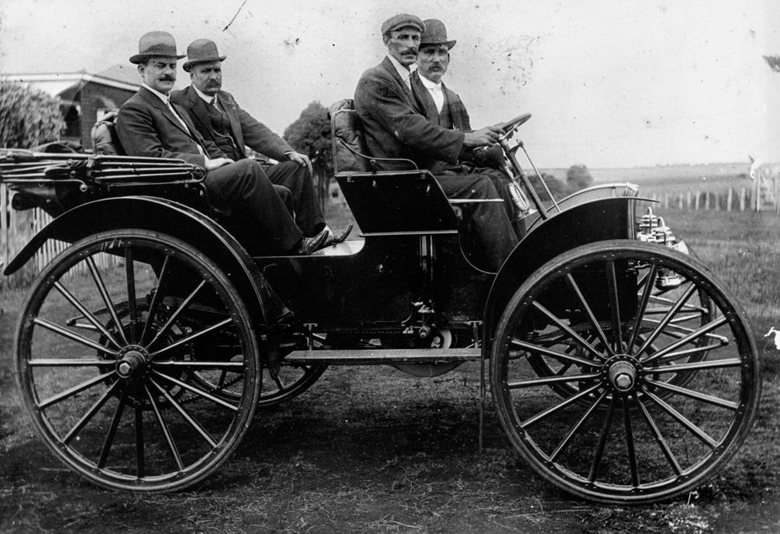
International Harvester is founded in Canton, Illinois, to make agricultural equipment.
The National Farmers Union is established in the US.
Sanka (de-caffeinated) coffee is invented by Ludwig Roselius in Germany.
Milton Hershey builds a new mass-production facility at Hershey, Pennsylvania.
The number of people suffering heroin addiction rises dramatically.
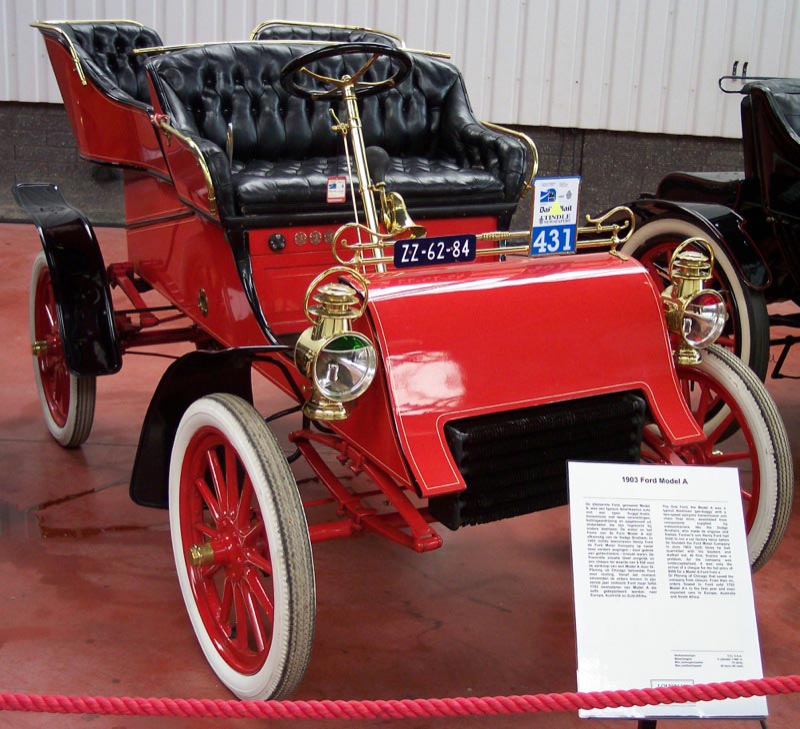
Ford Motor Company is founded.
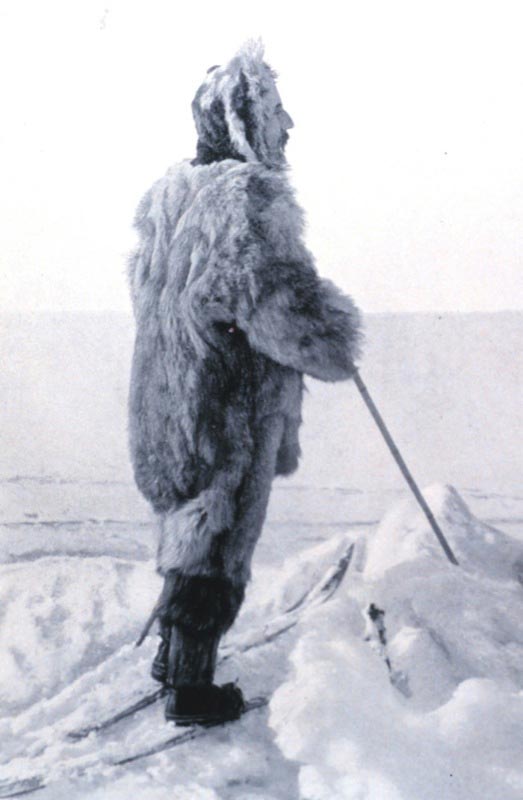
Roald Amundsen sails the Northwest passage in a Norwegian herring boat.
The Wright brothers complete the first successful powered flight.
Delhi Durbar.
William Harley and Arthur Davidson produce their first motorised bicycle and go on to form the Harley-Davidson company.
President Theodore Roosevelt's administration creates many millions of national forests and wildlife refuges and areas of special interest such as the Grand Canyon.
Charles Saunders starts plant breeding experiments that will generate Marquis wheat, a hardy wheat variety suited to cold climates.
Salvador Dali.
Willem de Kooning. He emigrated to the US when he was 22.
Iced tea is created at the St Louis World's Fair by Englishman Richard Blechynden.
Mustard was added to hot dogs at the St Louis World's Fair.
Tobacco coupons are introduced.
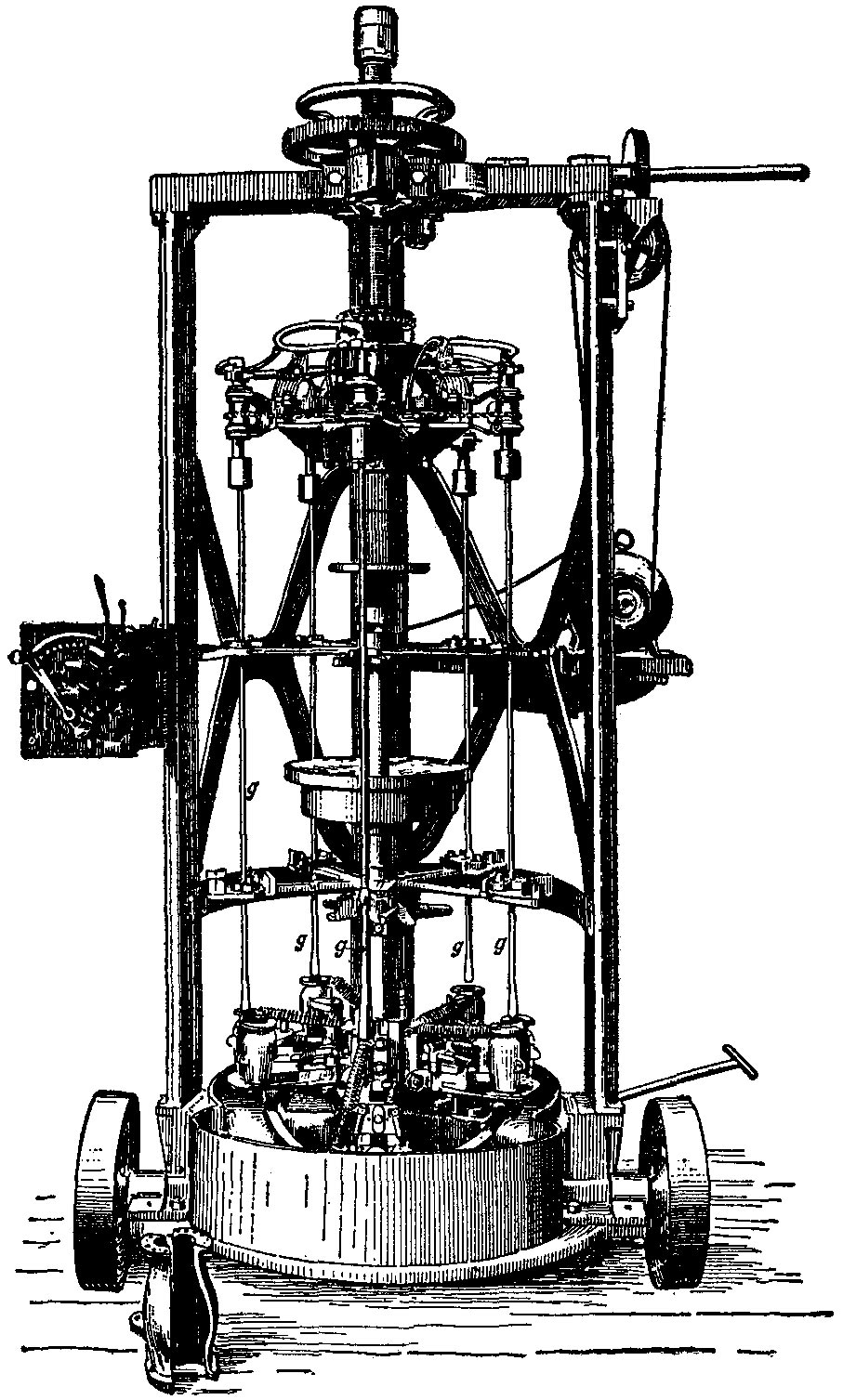
American inventor Michael Owens invents the glass shaping machine, transforming the mass produced distribution of liquids.
Britain and France sign the Entente Cordial, ending hostility between the two nations. This expands into the Triple Entente with Russia.
Britain acknowledges France's sphere of influence in Morocco.
British Tibetan Expedition led by Francis Younghusband as part of the 'Great Game.'
Child lead poisoning is first linked to lead-based paints.
Russo-Japanese War. Treaty of Portsmouth is signed ceding South Sakhalin and the Liaotung Peninsula to the Japanese and thus ending the war.
Indian woman Sarojini Naidu publishes her first work The Golden Threshold. Naidu later became President of the Indian National Congress.
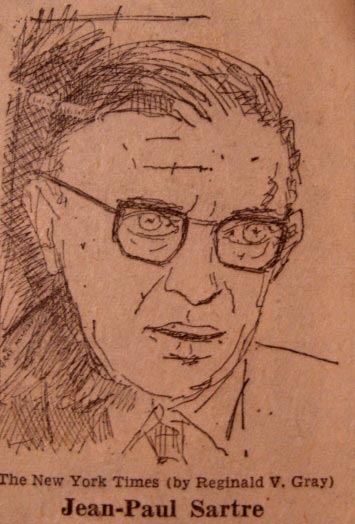
Jean-Paul Sartre.
Albert Einstein publishes his paper on the Special Theory of Relativity.
Farine Lactée Henri Nestlé and the Anglo-Swiss Milk Company merge, with factories in Britain, the USA, Switzerland and Germany.
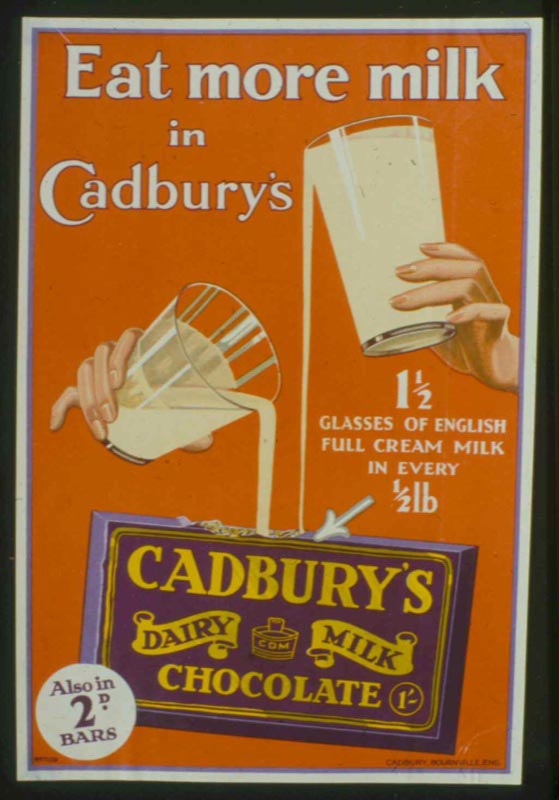
Cadbury's introduce the Dairy Milk bar, using increased milk and cream content.
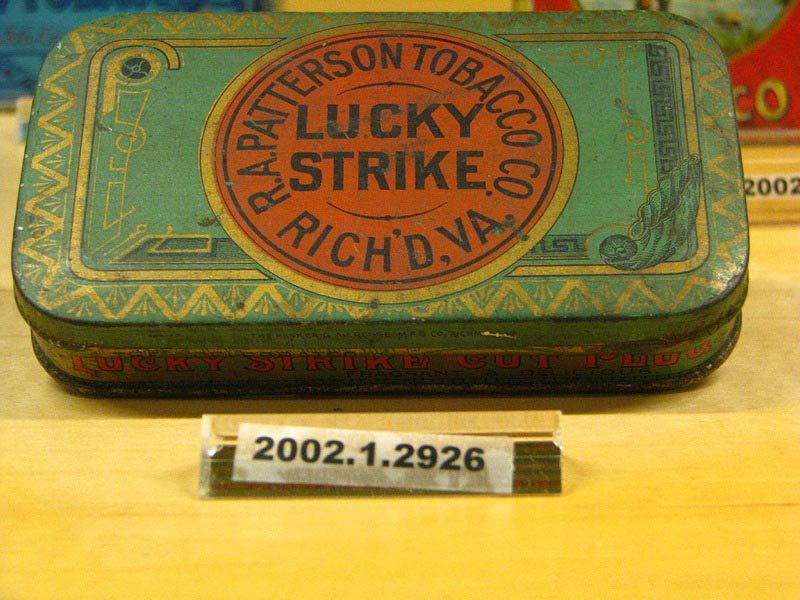
American Tobacco Company acquires Lucky Strike.
US report on Philippine opium prohibition published. US Congress bans opium smoking.
Canada sells $18m worth of timber to the US.
The United States Forest Service is created.
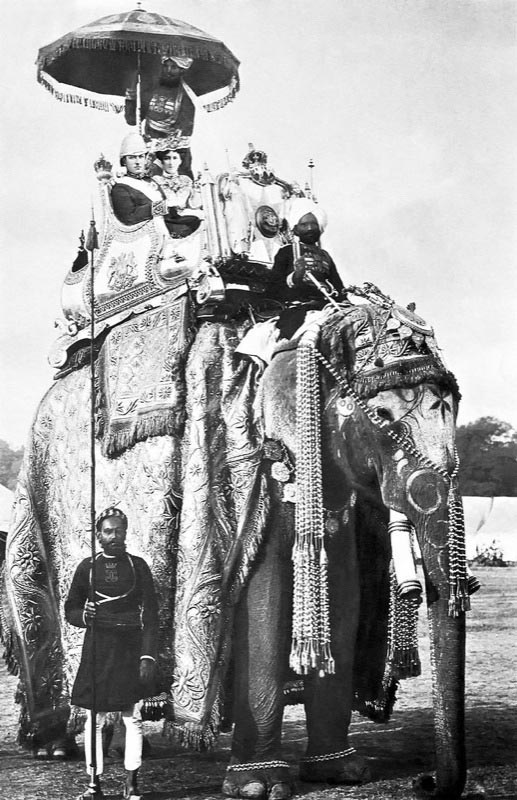
Lord Curzon effects the partition of Bengal, which causes great resentment.
Alberta and Saskatchewan become Canadian provinces.
Women get the vote in Finland.
The first Italian-style pizzeria opens in New York City.
New foods introduced to America in 1905: Heinz Baked Beans, Hebrew National frankfurters, Royal Crown Cola, Ovomaltine (renamed Ovaltine).
US Congress adopts new policies to protect forestlands
National Audubon Society is formed by George Bird Grinell to promote wildlife conservation.
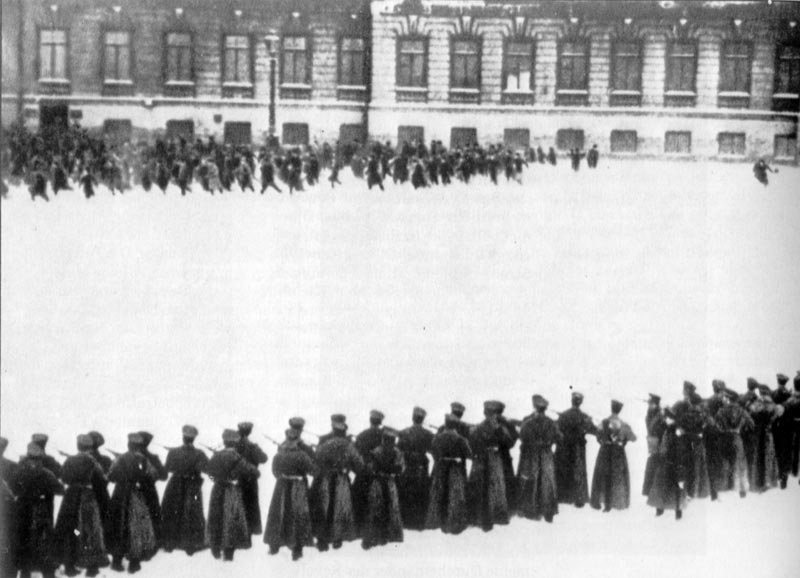
January Bloody Sunday - Tsarist troops open fire on a peaceful demonstration of workers in St Petersburg.
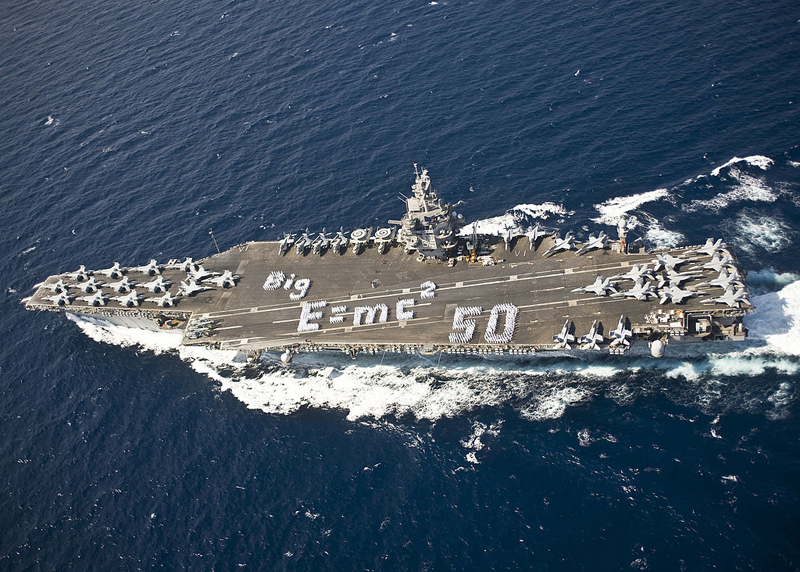
Albert Einstein develops the equation E=mc2, which is later key to making nuclear energy possible.
J. M. Dent begins to publish classic literature with the 'Everyman's Library' series.
George Constant Washington invents mass produced instant coffee in Guatemala.
Brown & Williamson is founded in Winston-Salem, North Carolina.
The All India Muslim League is founded and advocates independence for India.
Foundation of Rolls-Royce in Manchester, England.
Xerox is founded as a supplier of photography materials under its original name The Haloid Photographic Company.
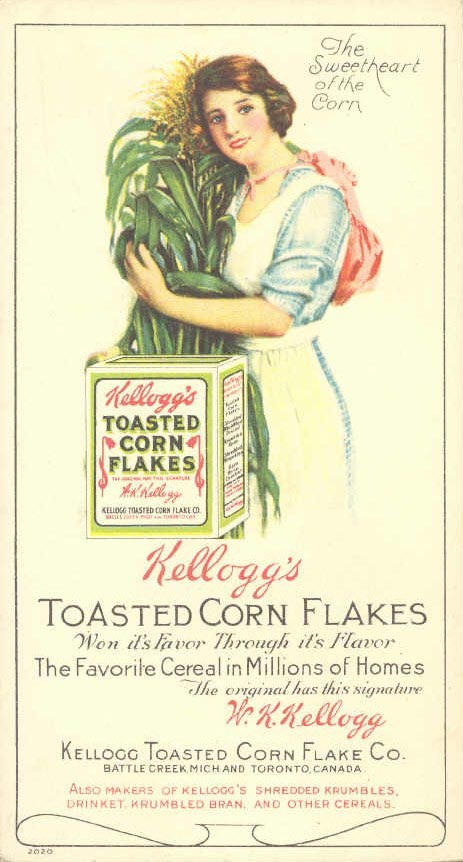
Kellogg's cereal company started operations in Michigan under the name Battle Creek Toasted Corn Flake Company.
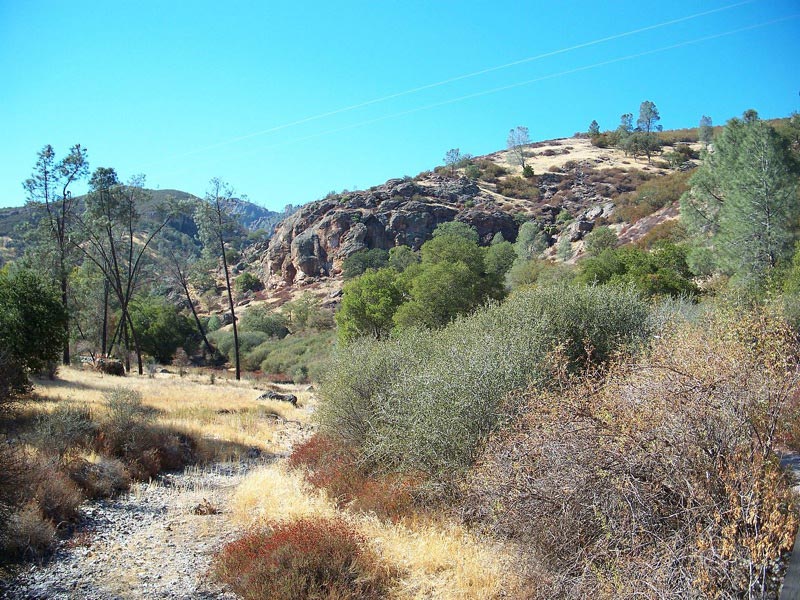
National Monuments Act protects Muir Woods, Pinnacles National Monument (CA), Mount Olympus National Monument, and others.
Late Qing opium suppression movement.
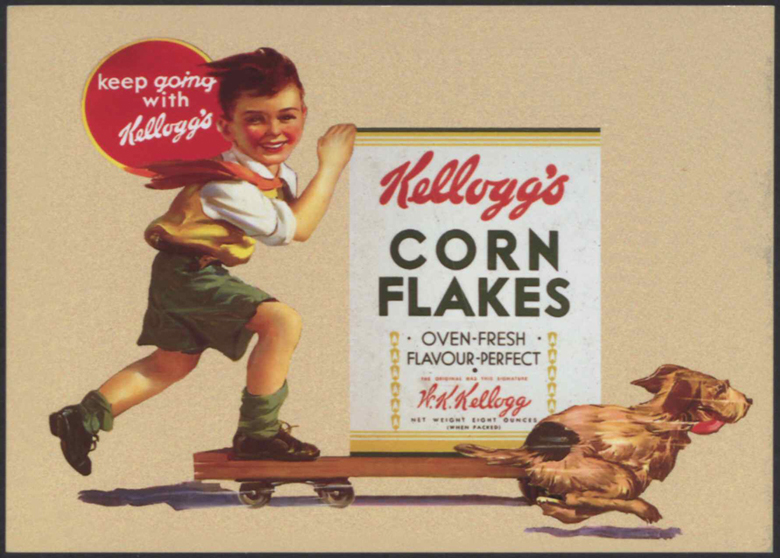
Will Kellogg founds the Battle Creek Toasted Corn Flake Company in Michigan to produce Corn Flakes. The company is later renamed Kellogg's.
Colour photography is invented by Auguste and Louis Lumiere.
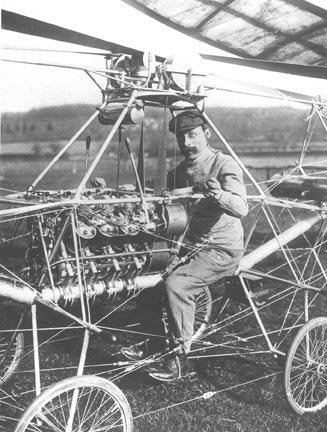
The first rotary winged aircraft, the helicopter, is invented by Paul Cornu.
The Audion, a radio amplifier, is invented by Lee de Forest.
Hershey's introduce chocolate Kisses.
American Spice Trade Association formed.
American Tobacco Company acquires Butler & Butler and the Pall Mall brand.
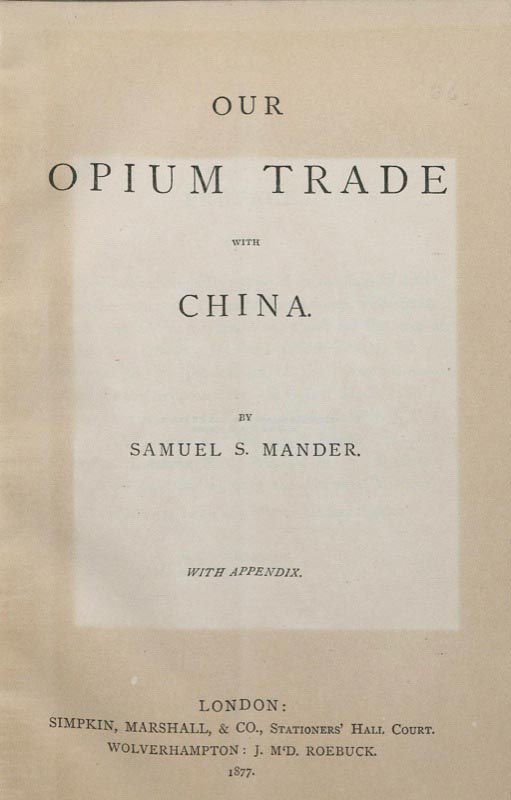
China and Britain agree to phase out their mutual participation in the Sino-Indian opium traffic.
The British Central African Federation is replaced by the Nyasaland Protectorate. Cotton and tobacco are dominant industries.
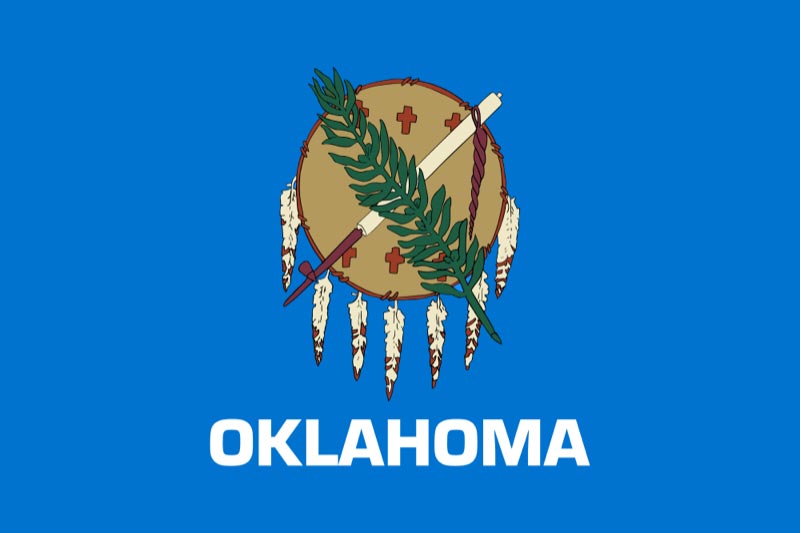
Oklahoma is added as a state of the Union.
New Zealand assumes complete self-government.
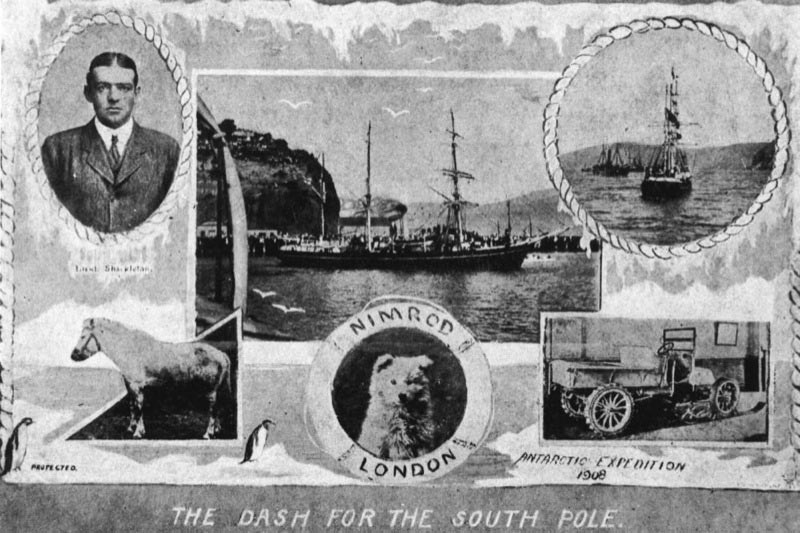
The British Antarctic Expedition led by Shackleton reaches the magnetic South Pole.
Rachel Carson is born. She becomes a leading figure in the environmental movement.
Royal Dutch Shell is formed through a merger of the British company, Shell, and the Royal Dutch oil company with the intention of competing with the globally dominant Standard Oil.
Simone De Beauvoir.
American merchant Thomas Sullivan accidentally invents tea bags.
Melitta Bentz invents the coffee filter and helps found the Melitta Bentz Company.
Theodor Tobler and Emil Baumann create the Toblerone bar.
Britain and Canada ban cigarette sales to those under 16.
The Opium Act in Canada makes it an offence to import, sell or smoke opium in Canada.
The Young Turk Revolution lead by Turkish nationalist Kemal Ataturk, further weakens the Ottoman Empire.
The Belgian Congo is established.
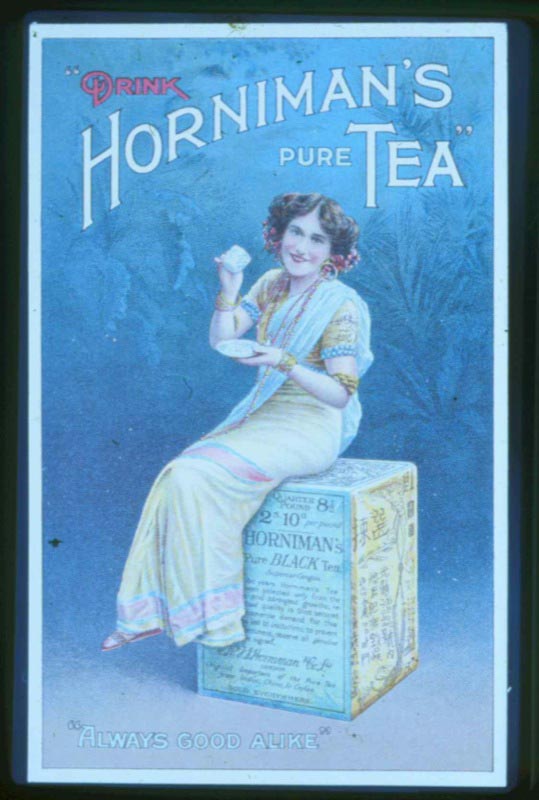
New foods introduced to America in 1908: Tea bags, French Dip sandwich, Hershey bars with almonds.
The Fourth French Antarctic Expedition led by Jean-Baptiste Charcot charts the Bellinghausen sea and the area around this.
Hiram Bingham III starts his explorations of South America.
The Ford Model T becomes the first mass produced automobile using Ford's innovative assembly line method of production.
The US National Conservation Movement is founded.
The National Farmers' Union is founded in Great Britain.
After 8 years of searching, William Knox D'Arcy's explorers discover oil in Persia. The Anglo-Persian Oil Company is formed (later becoming BP).
Mahatma Gandhi publishes Hind Swaraj.
Frank Lloyd Wright designs the Robie House in Chicago.
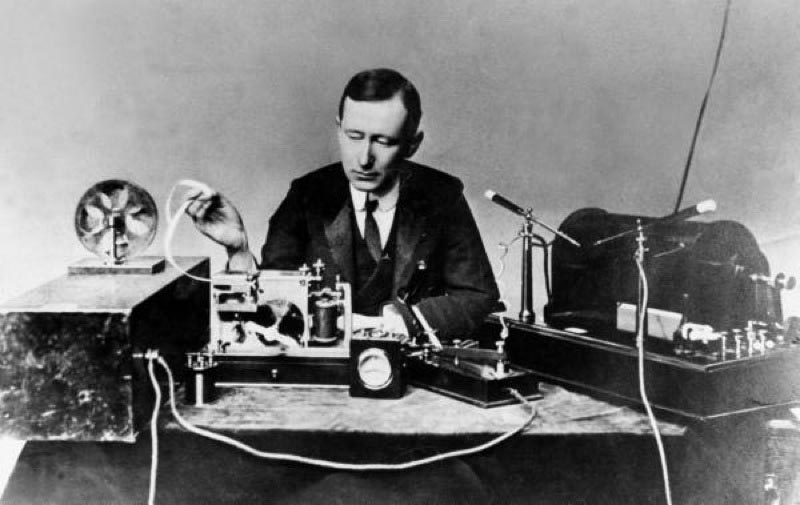
Guglielmo Marconi receives the Nobel Prize for Physics with Karl Ferdinand Braun for their contribution to the development of wireless telegraphy.
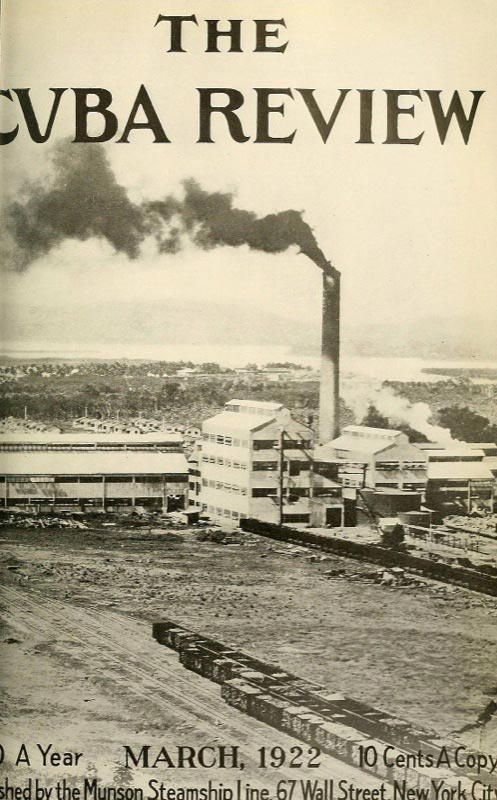
The Czarnikow-Rionda Company succeeds Czarnikow, MacDougall, & Co. and controls over 40% of Cuba’s sugar exports.
US Congress bans the importation of opium except for medicinal use.
The International Opium Commission meets in Shanghai to try to restrict trade.
Gold is discovered in Timmins, Ontario.
Arctic explorer, Robert Peary is the first man to reach the North Pole.
Charles Van Hise writes The Conservation of Natural Resource.
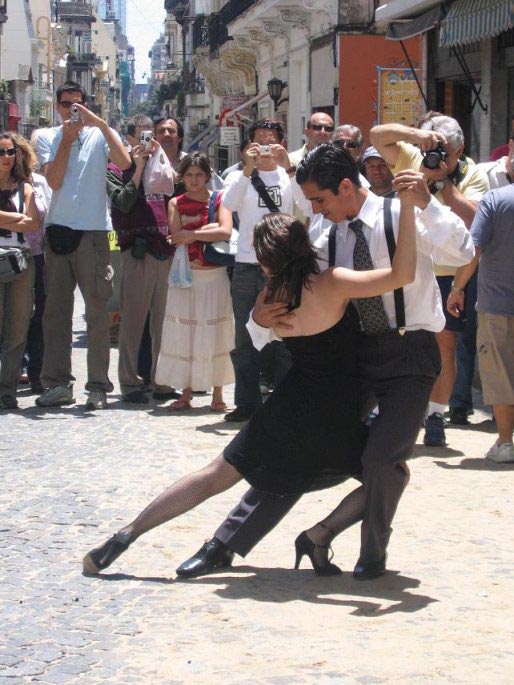
Thés 'dansants' start at the Waldorf Hotel, London, to capitalise on the craze for the Argentinian tango.
Feodora chocolate is founded in Germany.
Chili peppers are grown in California.
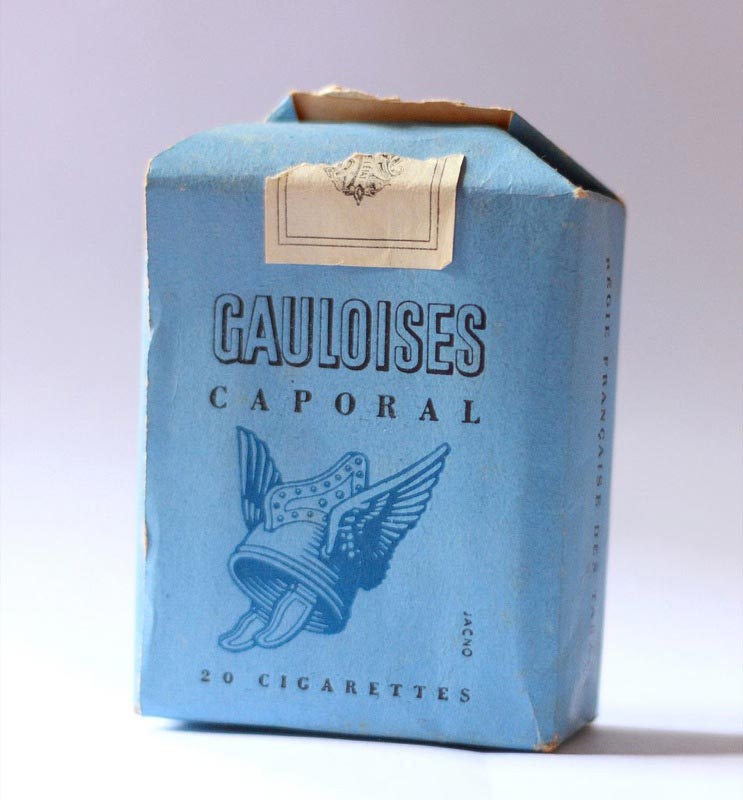
Gauloises cigarettes are introduced.
China and Britain agree to stop the opium trade.
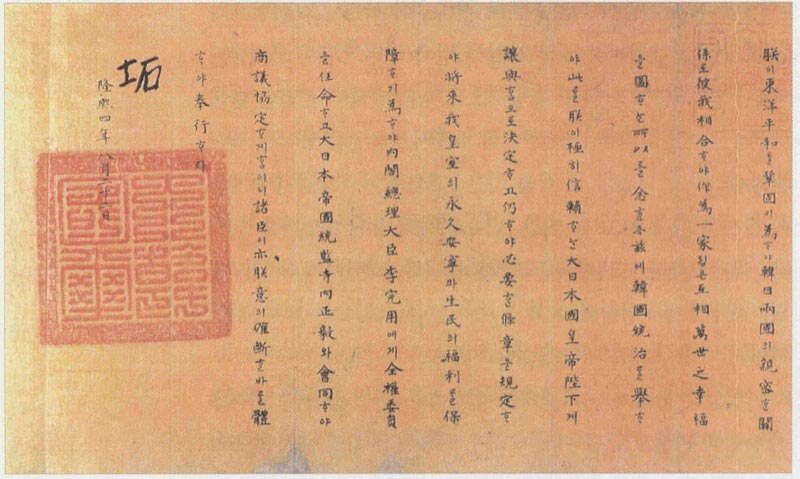
Japan invades Korea.
South Africa gains independence from Britain, but remains in the Commonwealth.
Norwegian explorer Roald Amundsen is the first to reach the South Pole, beating the ill-fated Scott expedition.
Singapore replaces opium farms with government opium monopoly.
Alexander Hosie tours Chinese poppy fields to confirm Chinese state prohibtion implementation.
J. E. Casely Hayford writes his Ethiopia Unbound - stating a case for racial emancipation.
Marie Curie receives the Nobel Prize for her work on radioactivity.
Ernest Rutherford shows that atoms have a central nucleus.
The National Coffee Association is founded in America.
Anti-Trust legislation by the US Supreme Court forces the break up of American Tobacco Company into Liggett & Myers (28% of market), Lorillard (15%) and American Tobacco (37%).
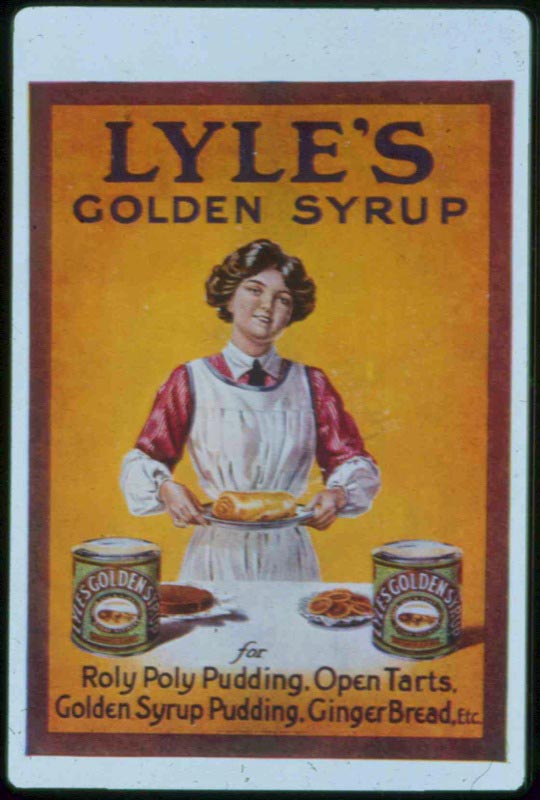
Abram Lyle receives a Royal warrant for Lyle's Golden Syrup made from refined sugar cane.
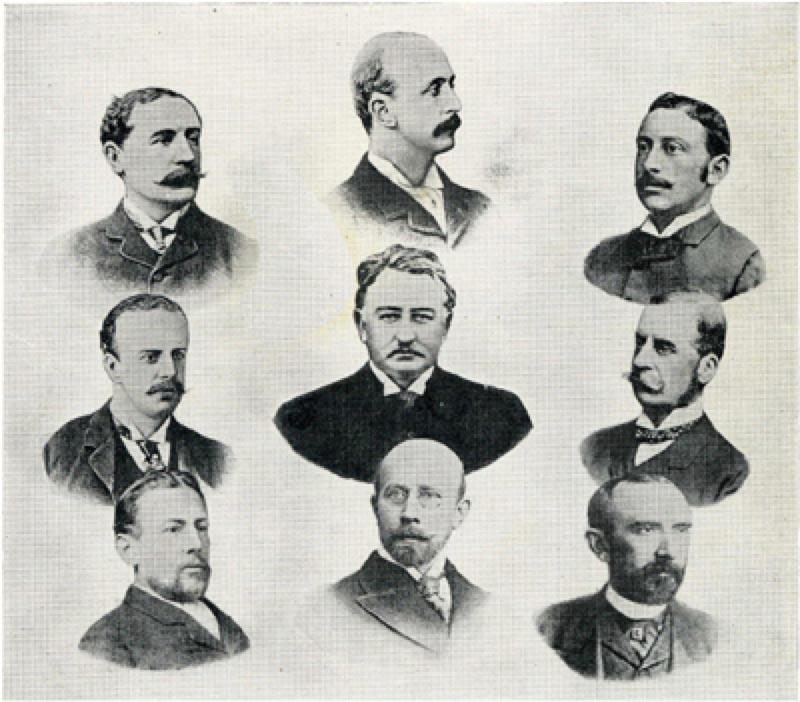
The British South Africa Company unites northern and southern Rhodesia.
Northern Territory is created as a separate state of Australia.
The Festival of Empire.
Hiram Bingham III is taken to see Machu Picchu for the first time.
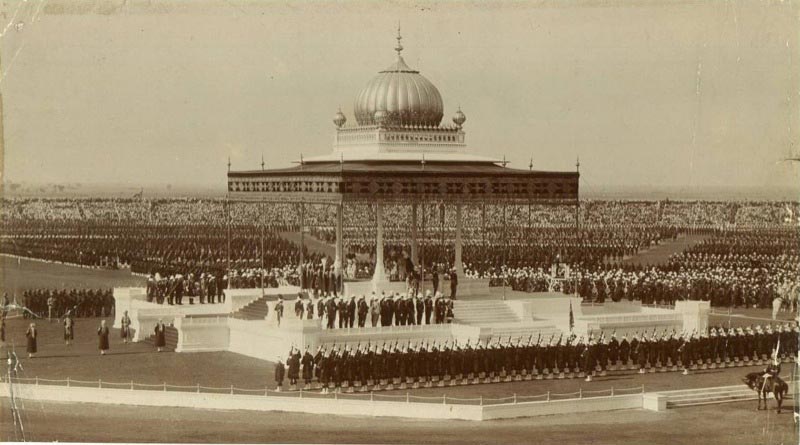
Delhi Durbar attended by King George V.
Legislature is passed in Pennsylvania which gives city governments the authority to pass smoke abatement laws.
Marquis wheat wins a $1,000 prize from the Canadian Pacific Railroad Company as the best wheat to grow in Canada.
The Holt Manufacturing Company introduce a self-propelling harvester.
Arthur Conan Doyle writes the fantasy adventure novel The Lost World.
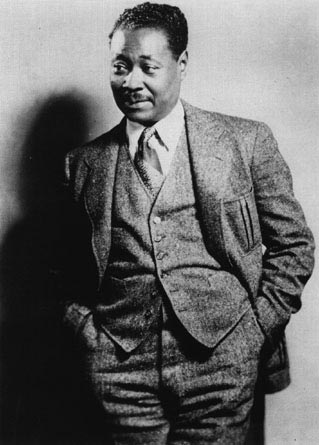
Claude McKay becomes the first person to publish a work in Jamaican Patois with his book of poetry Songs of Jamaica.
Jean Neuhaus II creates the Belgian praline, a chocolate with a nut or cream paste filling.
Liggett & Myers introduce Chesterfield cigarettes.
The Imperial Tobacco Company of Canada is formed.
Dr Isaac Adler links lung cancer with smoking.
The International Opium Conference takes place in The Hague to restrict trade in drugs.
Absinthe is banned in the US due to concerns over its effects.
The Republic of China is established by Sun Yat-Sen.
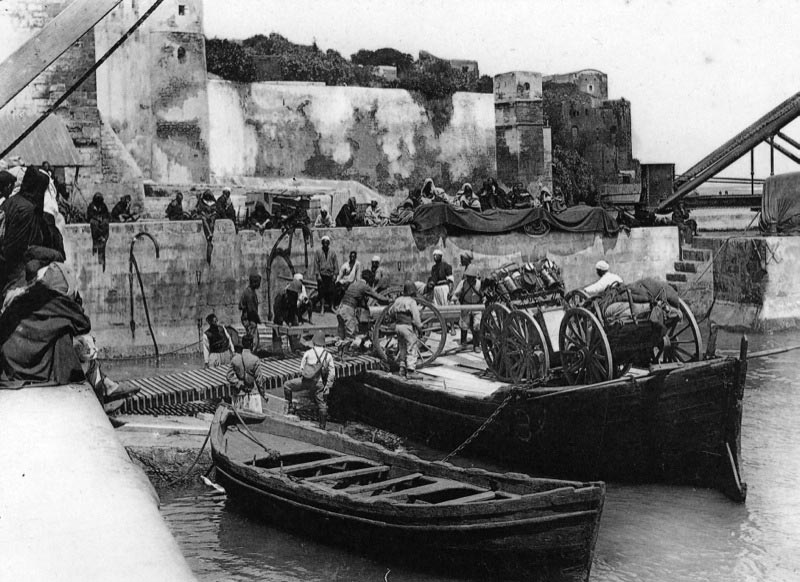
Morocco becomes a French protectorate.
The African National Congress is formed.
Arizona and New Mexico are admitted as states of the Union.
The Continental Drift theory is consolidated by Alfred Wegener.
David Brower is born, the founder of Friends of the Earth and Earth Island Institute.
The Canada Grain Act is passed to ensure the improvement of Canadian grain types.
Nabisco invent the Oreo cookie at their Chelsea Factory in New York.
Publication of Gitanjali - a collection of over 100 Bengali poems by Rabindranath Tagore translated into English with an introduction from W. B. Yeats.
Cass Gilbert completes the Woolworth skyscraper in New York at 241m tall.
The American Society for the Control of Cancer is formed.
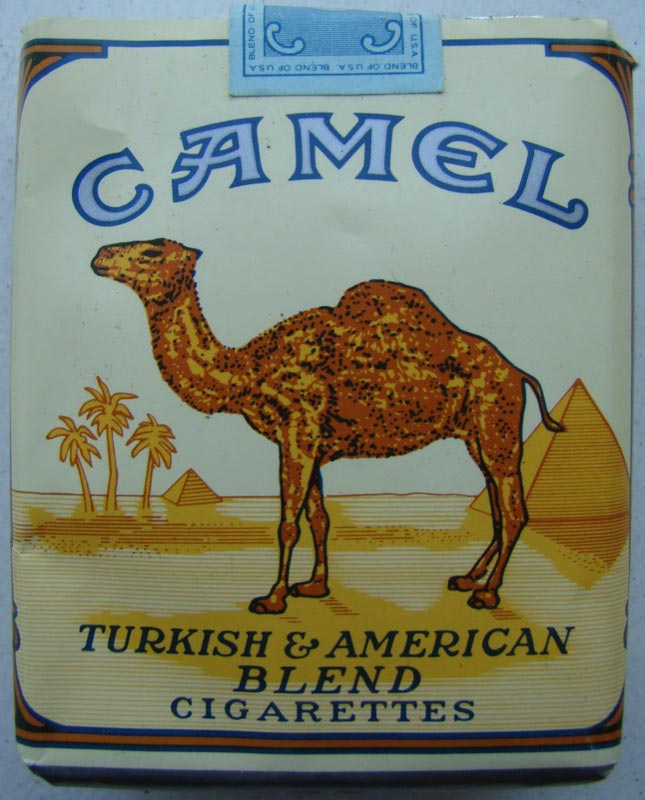
R. J. Reynolds introduces the Camel cigarette - pre-blended and pre-packed in a 20 pack.
Cotton T-shirts are introduced in the US Navy.
The US Federal Reserve Act establishes that currency must be 40% backed by gold reserves.
Gold production begins in Nigeria.
Women get the vote in Norway.
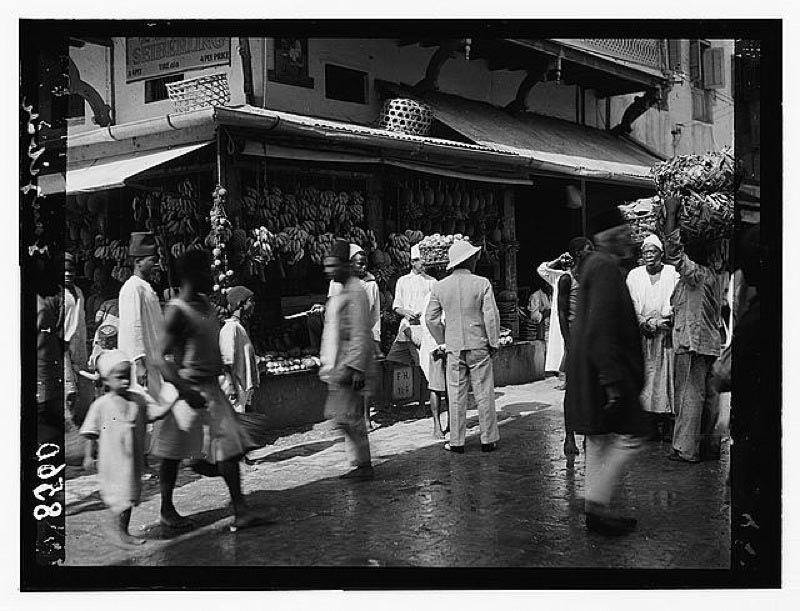
Britain takes control of Zanzibar.
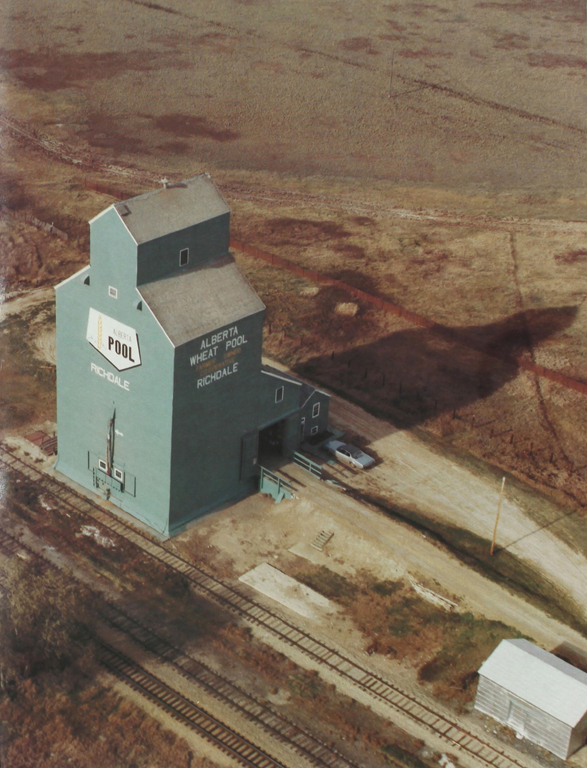
The Alberta Farmers' Cooperative Elevator Company is founded.
J. S. Fry & Sons introduce Fry's Turkish Delight.
Imperial Tobacco introduces the Embassy brand.
Cigarettes are included in soldiers' rations in World War I, increasing the popularity of smoking.
The Harrison Narcotics Tax Act is passed in the US to regulate and tax the sale of cocaine and opiates. The ban on the legal sale of cocaine and opiates forces the trade underground.
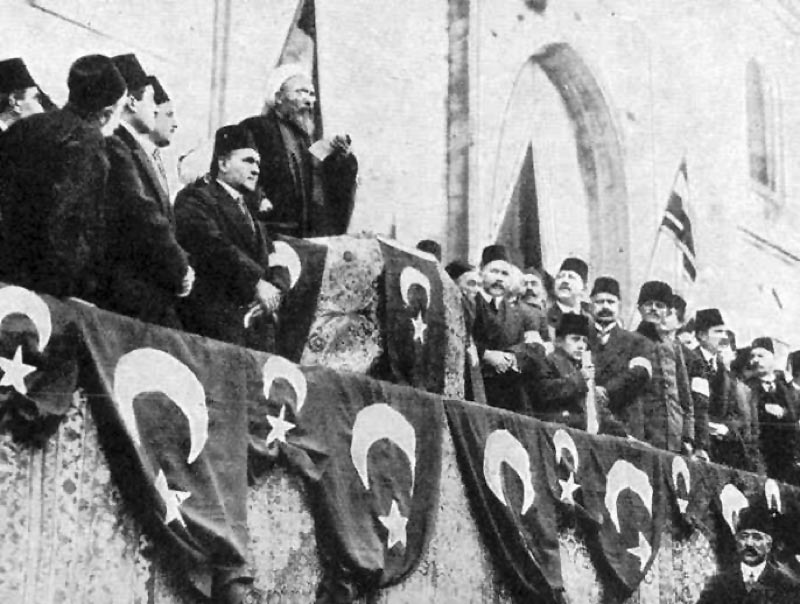
The Ottoman Empire supports the German Axis forces in World War I.
Archduke Franz Ferdinand of Austria and his wife are assassinated in Sarajevo by Gavrilo Princip, provoking an Austrian-Serbian war that quickly escalates into a world war.
World War 1.
Southern and northern Nigeria are unified.
The Imperial Trans-Antarctic Expedition, led by Ernest Shackleton, fails to cross the Antarctic when its ship is crushed by the ice.
The Panama Canal is opened.
Austria-Hungary declares war upon Serbia. Russia mobilizes its army in their defence.
Arthur Miller.
Lyon's Corner House on the Strand opens.
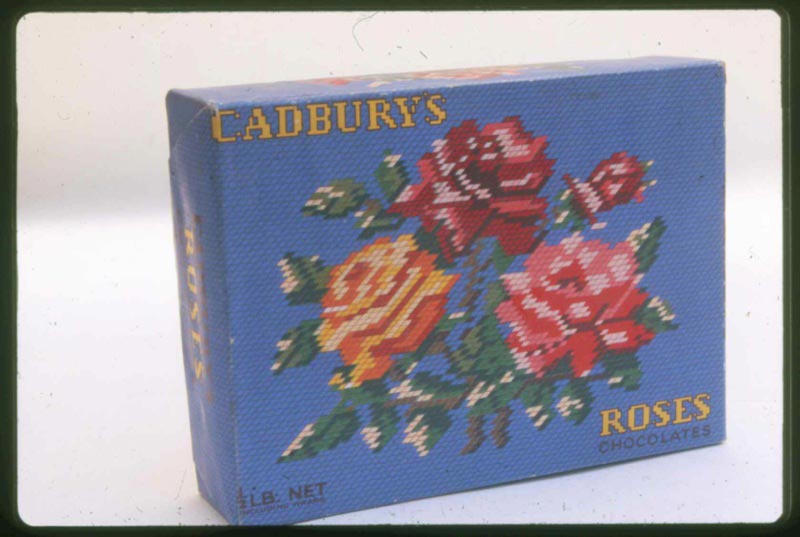
Cadbury's introduces the Milk Tray assortment box. Roses follow in 1938.
China starts to grow tobacco on a significant scale.
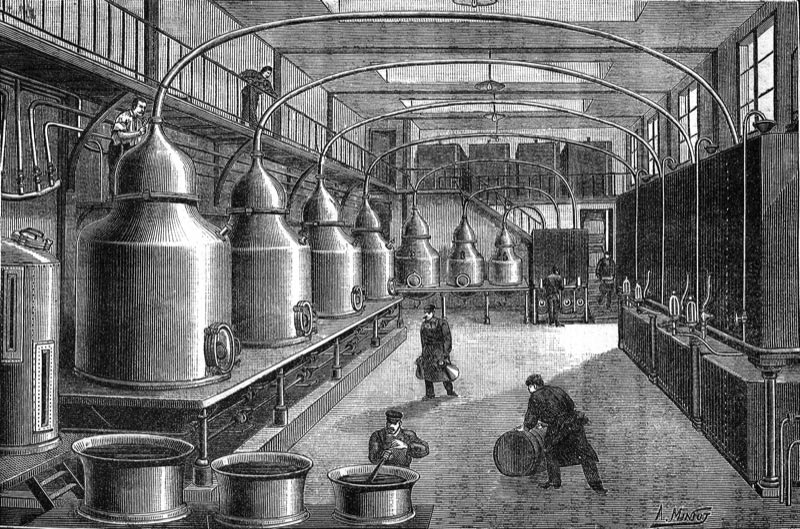
Absinthe is banned in France for its psychoactive effects. The ban is lifted in 1988.
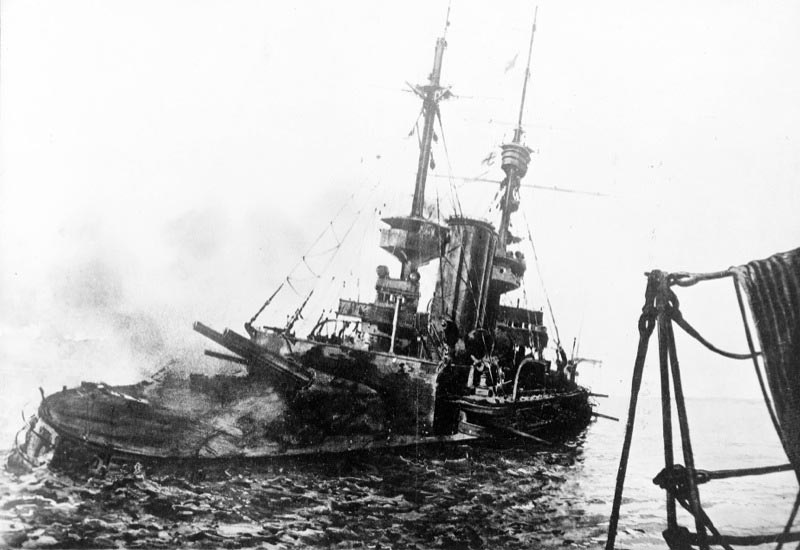
British, Australian, New Zealand, Canadian and other allied forces attempt to invade Turkey via Gallipolli with disastrous consequences.
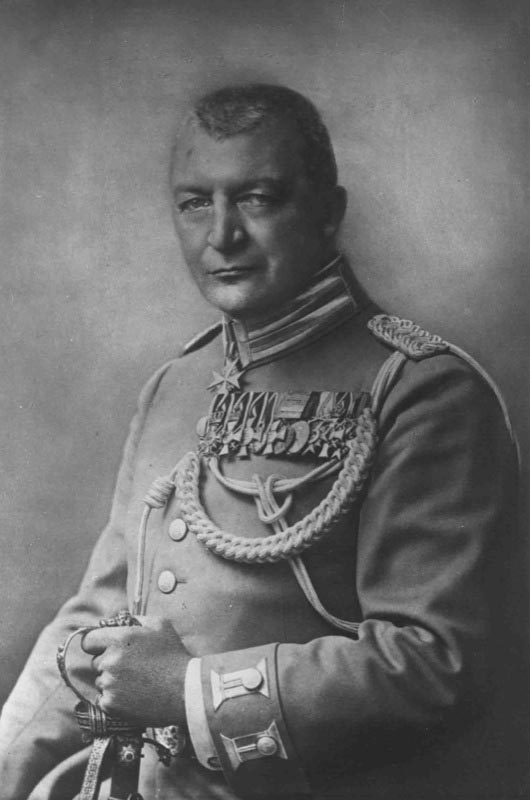
South African forces capture German South West Africa, which comes under British control.
D. W. Griffith makes The Birth of a Nation.
Gandhi returns to India.
Women get the vote in Denmark.
Germany captures Warsaw.
American Tobacco introduces the Lucky Strike cigarette.
T. E. Lawrence helps to precipitate an Arab Revolt, which overthrows Ottoman rule in the Middle East.
Belgium holds suzerainty of Ruanda-Urundi, until it becomes a League of Nations mandate in 1924.
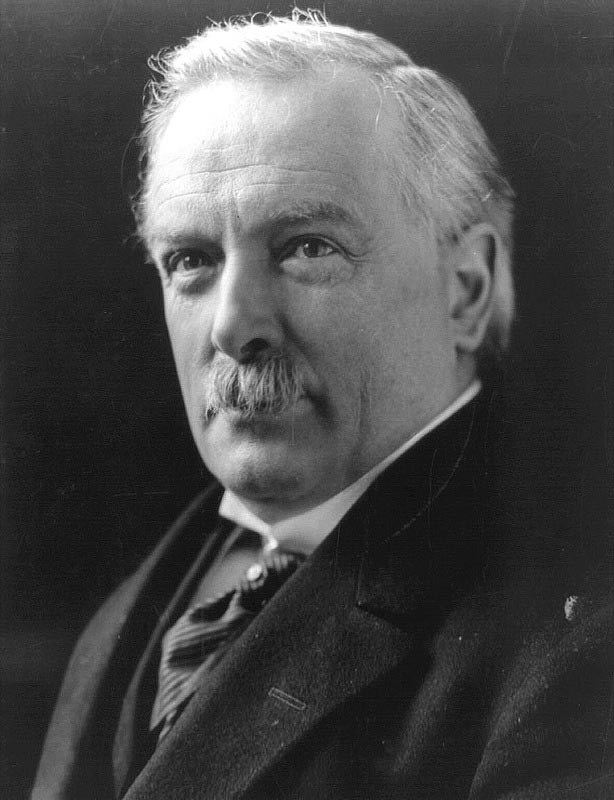
David Lloyd George is British Prime Minister.
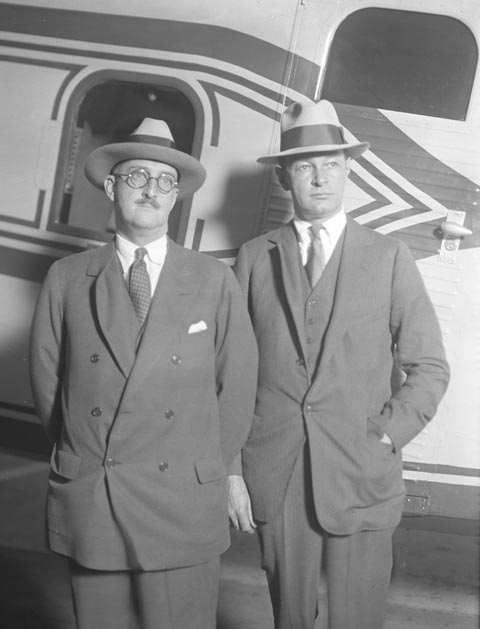
William Boeing establishes his airplane company in Seattle, Washington.
Easter Rising.
The Vancouver grain terminal is opened.
British Columbia becomes the biggest timber producer in Canada.
America enters the war on the Allied side after continued German attacks on shipping and threats to US interests.
Puerto Rico falls under American sovereignty.
The US Virgin Islands fall under US sovereignty.
Women get the vote in Canada, Russia and Poland.
The Muscovy Company is wound up following the Russian Revolution.
Nicholas II abdicates power to his brother Mikhail, who transfers power to the Provisional Government under Prince Lvov. This marks the end of tsarist Russia.
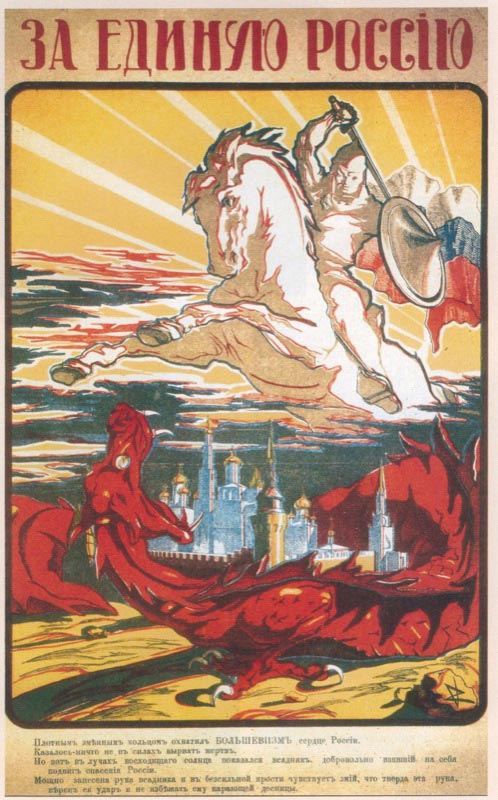
Russian Civil War.
British Indian opium exports to China formally end.
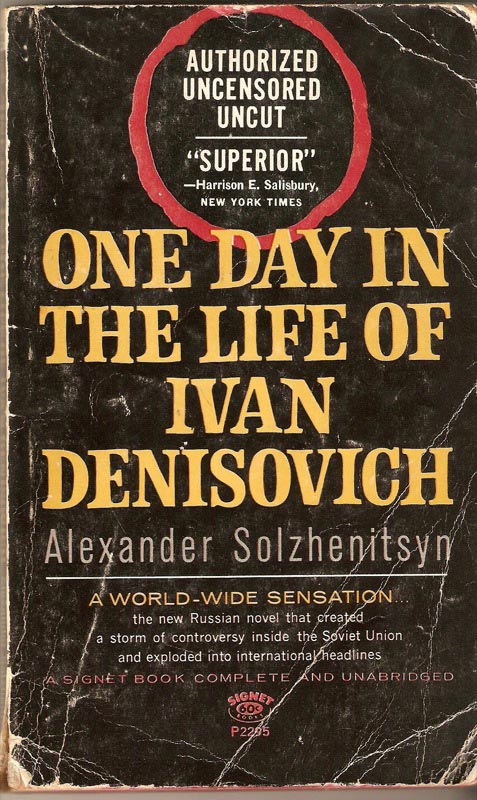
Aleksandr Solzhenitsyn.
American-Chinese Tobacco is formed.
Women get the vote in the UK, Germany and Hungary.
The Brest-Litovsk treaty is signed by German and Russian delegates. Russia cedes about a third of her populace, farmlands and factories, and three quarters of her coal and iron mines to Germany. The Russian Bolshevik Government renounces its territorial claims upon Finland, the Ukraine, the Baltic provinces, the Caucasus and Poland and is forced to cede all areas captured during the Russo-Turkish war to the Ottoman Empire.
Ten days after Germany's surrender in the First World War, British statesman Lord George Nathaniel Curzon praised oil by declaring "The Allied cause floated to victory upon a wave of oil".
Solomon Tshekisho Plaatje becomes the first black South African to write a novel in English with his book Mhudi.
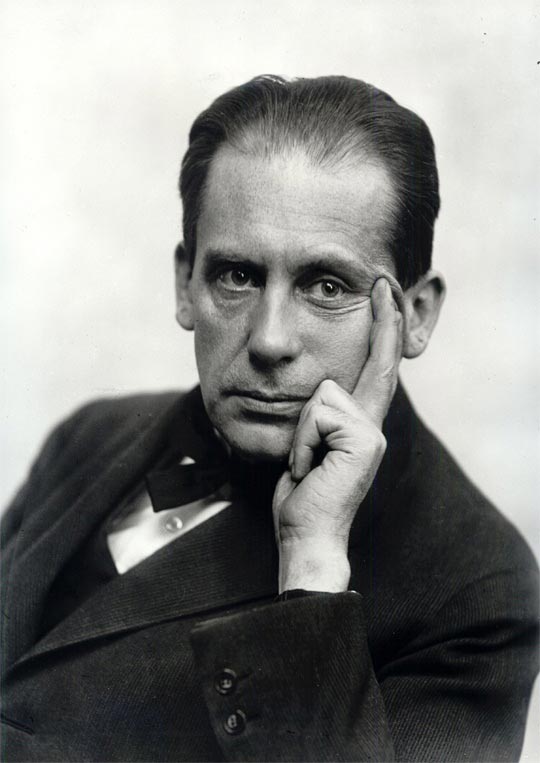
Walter Gropius founds the Bauhaus movement in Berlin.
Albert Einstein publishes his paper on General Relativity.
Betty's of Harrogate is opened by Swiss confectioner, Frederick Belmont.
J. S. Fry & Sons is merged with Cadbury's.
Cigarettes are now the most popular form of tobacco consumption.
The Ottoman Empire is partitioned after World War I.
The Treaty of Versailles imposes harsh terms on Germany, with France taking Alsace-Lorraine, France and Belgium occupying the Ruhr Valley and heavy reparations being payable.
Benito Mussolini forms the Italian fascist party.
Tanganyika becomes a British protectorate following the Treaty of Versailles, where Germany is stripped of its colonies.
Kamerun is divided into British and French Cameroons in the aftermath of World War I.
Togoland is split between Britain and France.
The Bismarck Archipelago is given to Australia in the aftermath of World War I and is known as Papua New Guinea.
The Government of India Act gave more power to Indian legislature in recognition of calls for independence and the role of India in World War 1.
Women get the vote in Finland.
The Amritsar Massacre - British troops fire on a mass meeting fearing insurrection.
Japan's opium monopoly operative in Korea.
Irish War of Independence.
Over 6.1m tons of chemical fertiliser are used worldwide.
Tea starts to become a popular beverage in India.
Prohibition legislation increases coffee sales in America.
Cadbury's introduces the Flake bar.
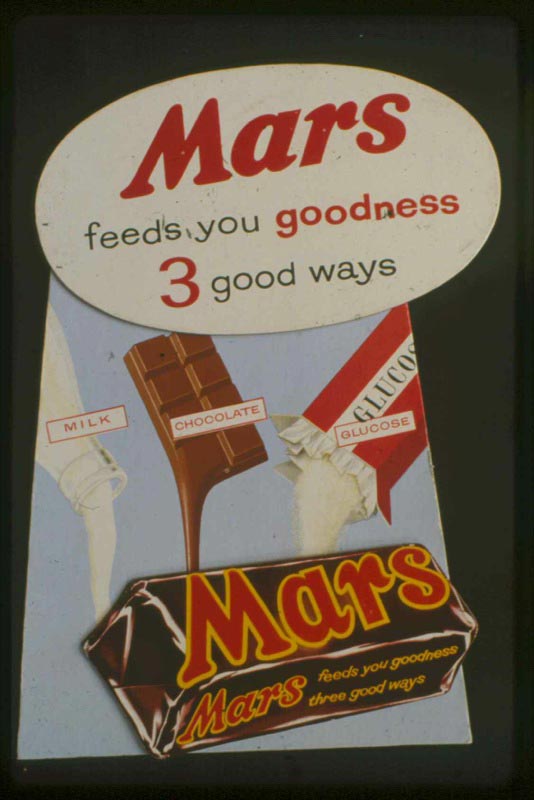
Mars Corporation is founded by Frank C. Mars in Minneapolis, Minnesota.
The boll weevil devastates the cotton crop in the South. Many farmers start growing peanuts.
The world sugar price collapses.
The Empire Timber Exhibition shows the range of countries exporting different types of timber within the British Empire.
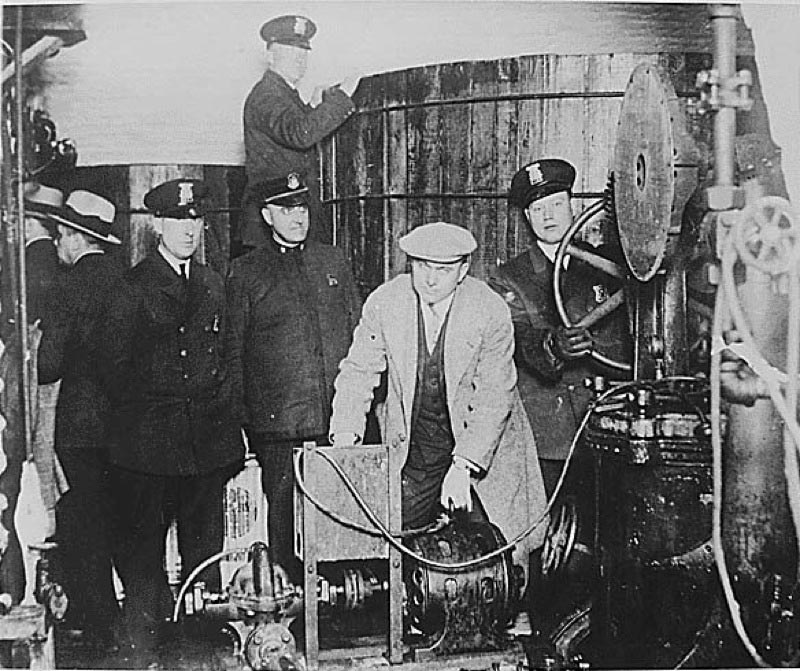
Prohibition is enacted in the US banning the production and sale of alcohol. It forces the trade underground and the act is repealed in 1933.
The German Nazi Party is established.
Japan takes over all former German Pacific colonies north of the Equator.
Britain takes control of the protectorate of Palestine from the Ottoman Empire in the wake of World War I.
Gandhi leads a campaign of non-violent resistance in support of Indian independence.
Women get the vote in America.
Iraq becomes a British mandate.

Marjorie Stoneman Douglas leads the crusade to save the Florida Everglades.
The Treaty of Tartu is signed by Soviet Russia, renouncing all claims on Estonian territory in perpetuity and confirming the layout of Russian-Finnish borders.
Gandhi starts a campaign to promote Indian cloth, boosting the cotton industry.
Tate & Lyle is founded.
Hitler becomes leader of the Nazi Party in Germany.
Treaty of Riga signed, thus ending the Polish-Soviet War.
The Washburn Crosby Company introduces the 'Betty Crocker' name for answering correspondence.
The Farmers' Union of Canada is established.
T. E. Lawrence publishes Seven Pillars of Wisdom.
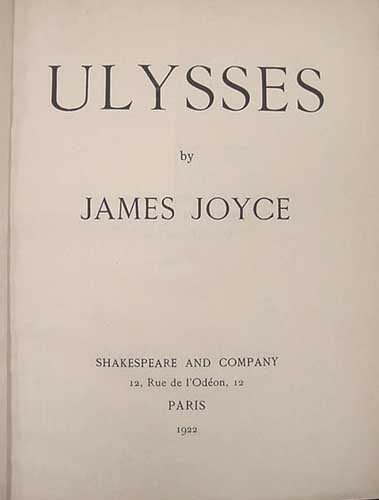
James Joyce publishes Ulysses.
Alberic Guironnet founds La Vivarais chocolate factory, later to become Valrhona.
Perugina introduce the Baci to celebrate Valentine's day.
Anti-Trust action by the US Government causes Domino Sugar to contract.
Kemal Ataturk founds modern Turkey, ending the Ottoman Empire.
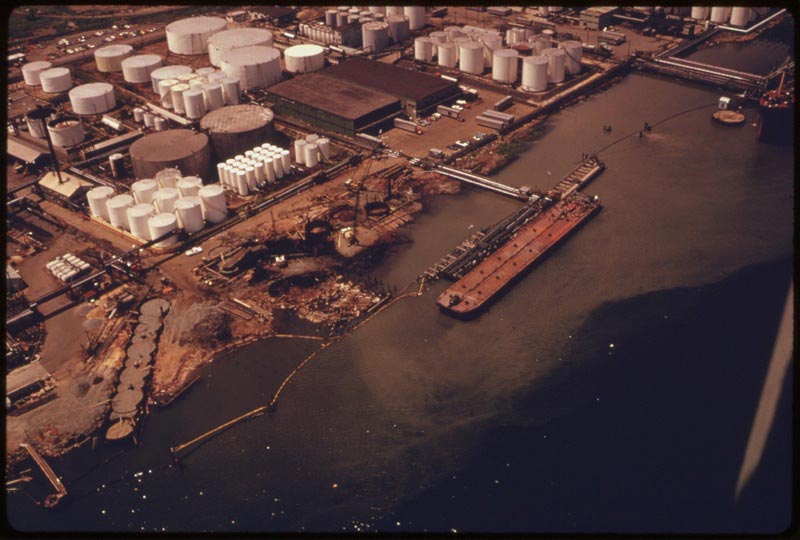
National Coast Anti Pollution League is formed in New Jersey, US, to stop oil dumping.
Anglo-Irish Treaty comes into effect affirming the Irish Free State and Northern Ireland as separate states.
Irish Civil War between pro and anti-treaty nationalists.
Le Corbusier publishes Vers une Architecture.
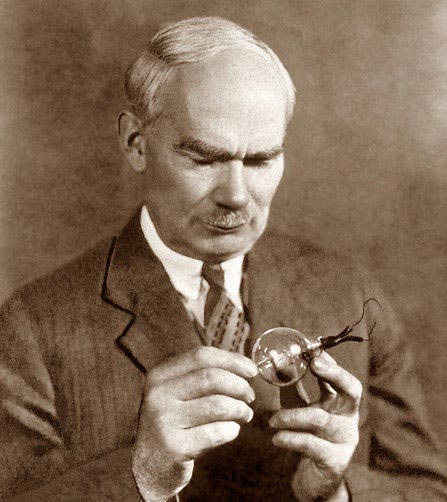
Sound film is invented by Lee de Forest.
Edwin Hubble proves the existence of other galaxies.
Kenco coffee is created, selling coffee from Kenya to Britain and America.
Mars introduces the Milky Way bar.
Cadbury's introduces cream filled eggs.
Kraft Foods is founded and initially focusses on the dairy sector.
Hitler's attempted coup fails and he is imprisoned for one year. He uses the time to write Mein Kampf.
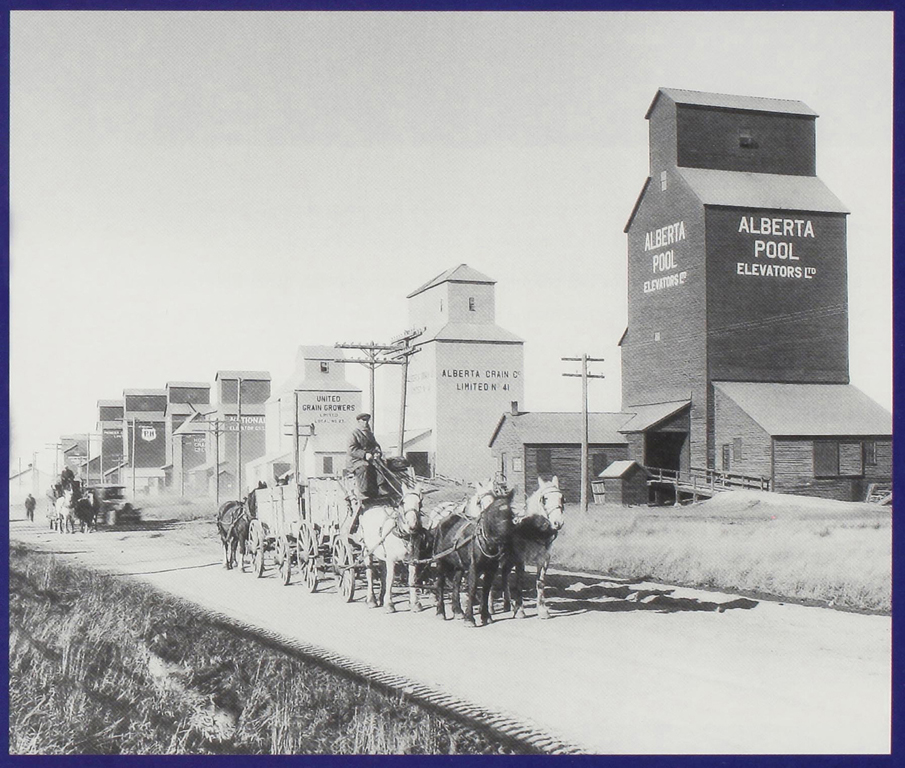
The Alberta Wheat Pool is founded, followed the year after by Manitoba and Saskatchewan.
E. M. Forster publishes A Passage to India.
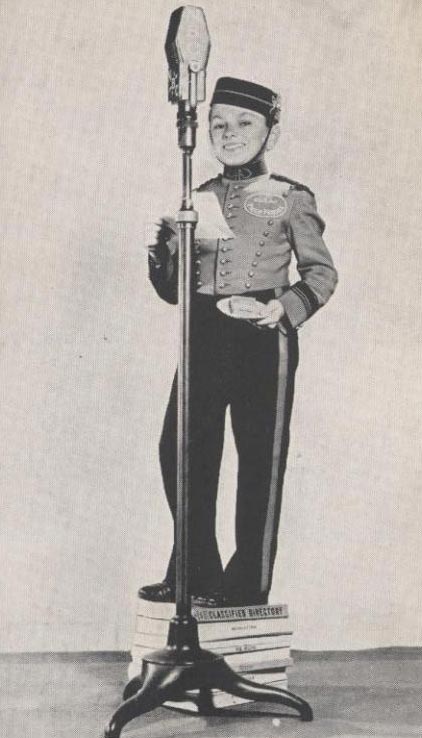
Philip Morris introduces the Marlboro brand, aimed at women.
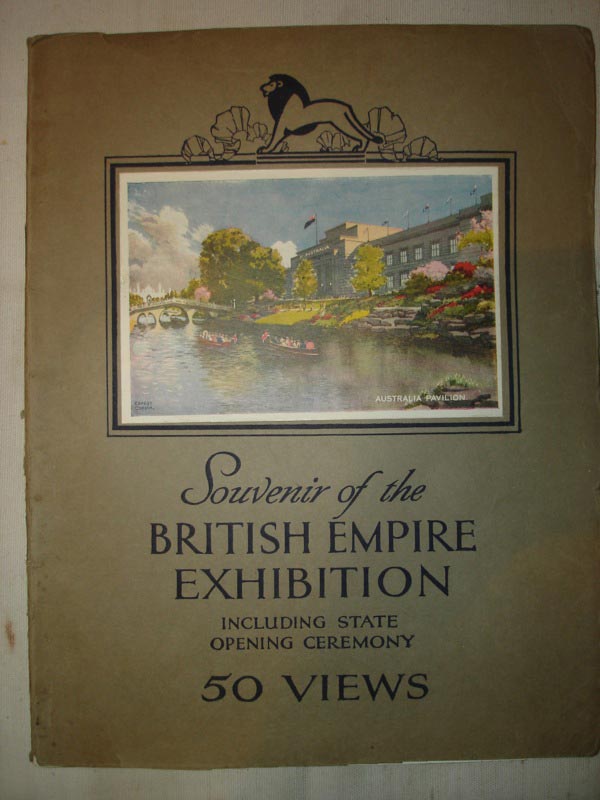
British Empire Exhibition.
League of Nations conferences to enhance international cooperation in narcotics control.
General Mills introduces Wheaties, the 'breakfast of champions.'
The Distillers Company merges with Johnnie Walker and Buchanan-Dewar.
Chuck Berry is born.
Allen Ginsberg.
John Logie Baird demonstrates his television system which could broadcast live moving images with tone graduation.
Godiva chocolates are founded in Belgium.
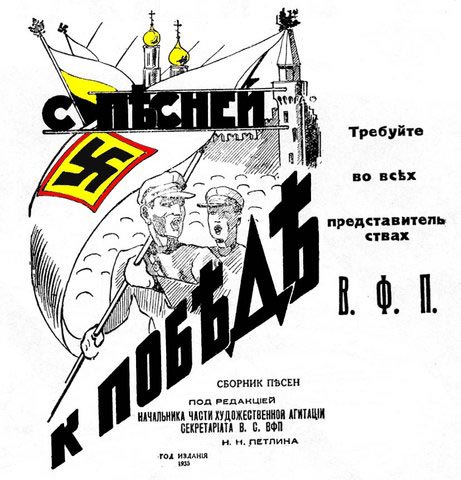
Mussolini seizes power in Italy after his blackshirts occupy Rome.
Virginia Woolf publishes her novel To the Lighthouse.
Gitanes cigarettes are introduced.
British American Tobacco (now a UK independent company) acquires Brown & Williamson and starts to make Raleigh cigarettes.
Al Jolson appears in The Jazz Singer - the first talking picture - as Hollywood starts to dominate world cinema.
Kellogg's introduces Rice Krispies.
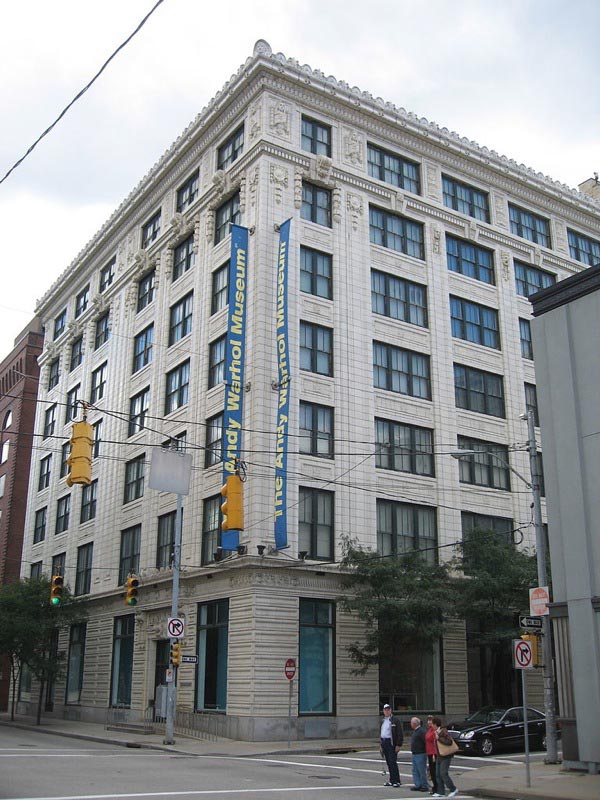
Andy Warhol. Made art from ubiquitous cultural icons.
Sir Alexander Fleming discovers penicillin.
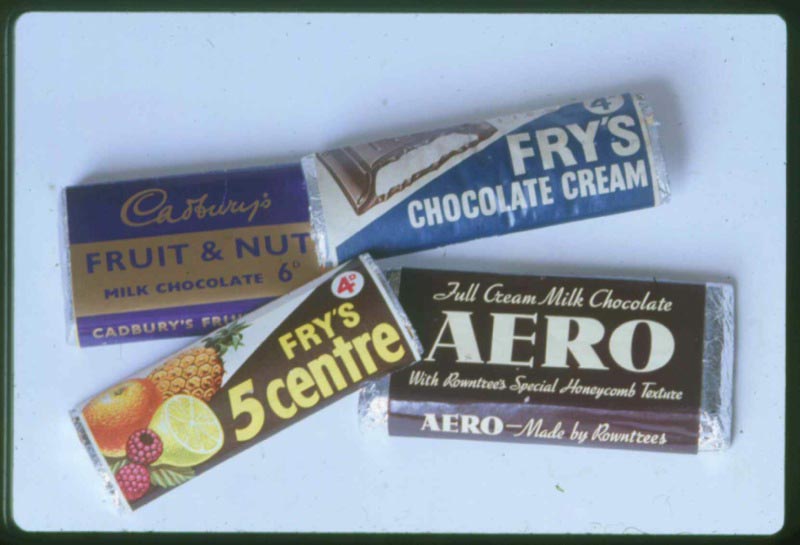
Cadbury's introduces the Fruit & Nut bar. Whole Nut follows in 1933.
Stalin introduces his first 'Five Year Plan for Economic Construction'.
Shredded Wheat is acquired by the National Biscuit Company or Nabisco.
Ernest Hemingway writes A Farewell to Arms.
Edwin Hubble shows that the galaxies are moving away from each other forming the basis of the Big Bang theory.
El Rey chocolate is founded in Venezuela.
The Wall Street crash has a disastrous impact on the German economy.
A bomb is thrown into the Indian Central Assembly, marking the beginning of a wave of violent protest calling for Indian independence.
The Wall Street Crash sets up the decade-long Great Depression which affected most western economies.
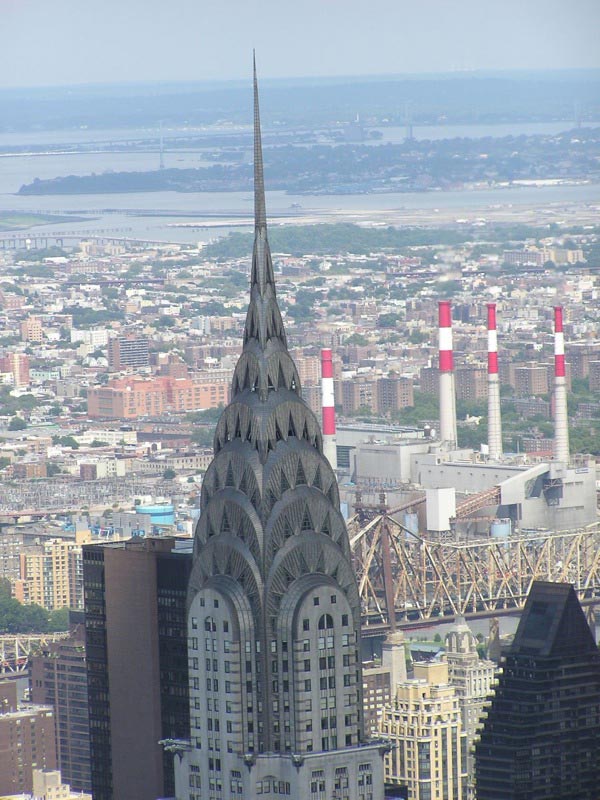
William Van Alen's art-deco Chrysler Building graces Manhattan, reaching 320m (including the spire).
Shreve, Lamb and Harmon's Empire State Building becomes the tallest building in the world at a height of 381m (excluding antennae).
Benson & Hedges introduce Parliament cigarettes with the first commercial filter tip.
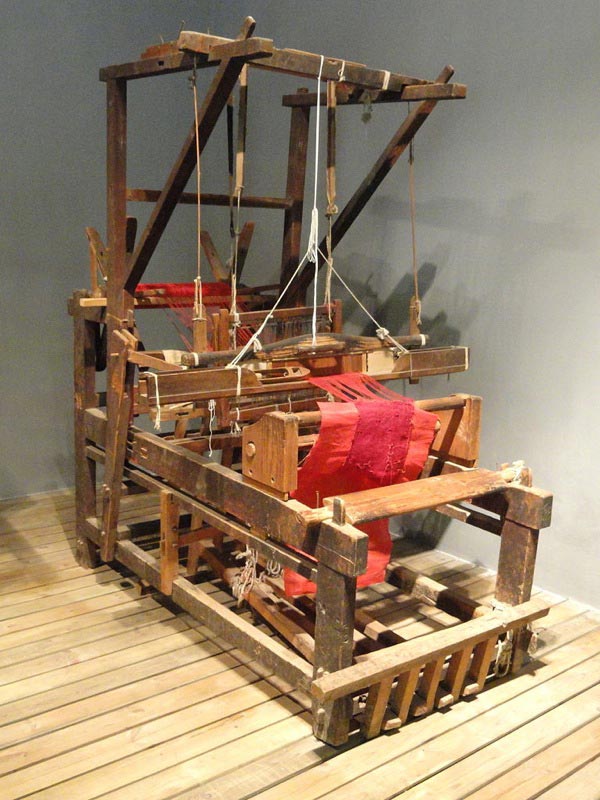
Mechanised weaving begins to dominate Chinese textile production.
Publication of The Fur Trade in Canada by Harold Innis.
Gandhi leads the Salt March to call for Indian independence.
Despite the Canadian debut in 1929, an American, Colonel Clarence Birdseye, claimed credit for starting the frozen-food industry in 1930. He had been developing frozen foods independently at the same time, but his products did not enter the market until March 6, 1930.
Unilever is formed from the merger of British company Lever Brothers and Dutch owned Margarine Unie to become the first modern multinational company.
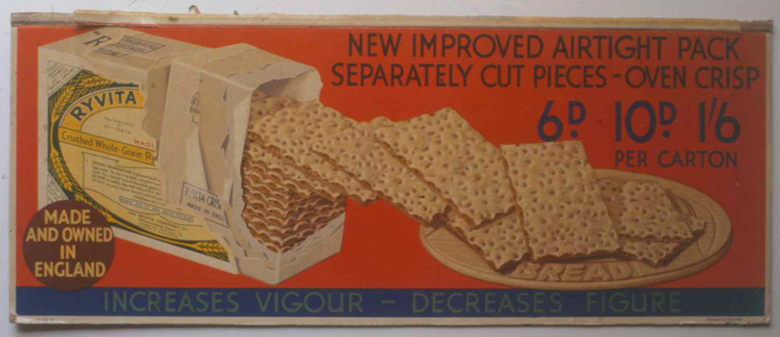
The Ryvita Company is founded in Birmingham and is famous for its wheat crispbreads.
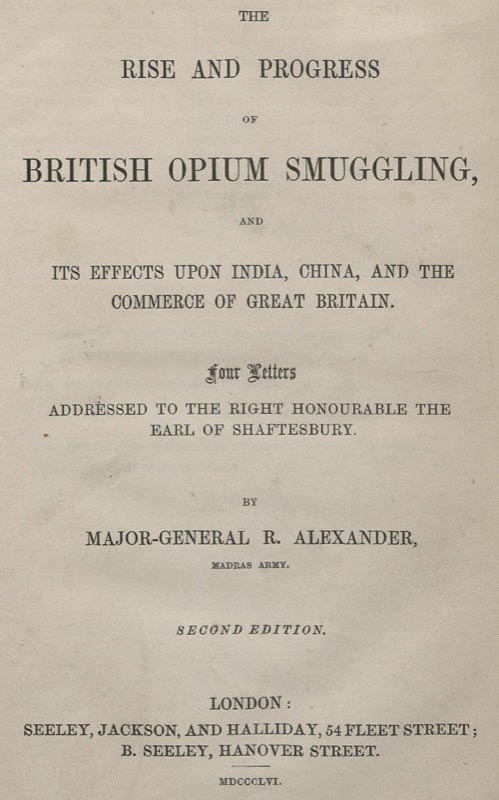
The Narcotics Convention is agreed between nations to prevent the production and sale of opium and other narcotics.
Britain abandons the Gold Standard.
One of Austria's leading banks fails as customers demand their money.
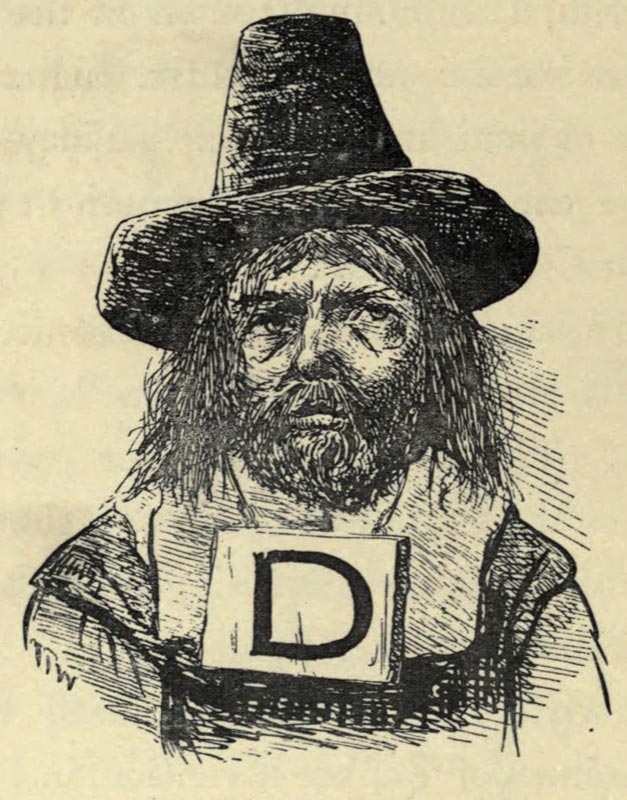
The Royal Commission on Licensing finishes its report on the effects of alcohol on society and the benefits of licensing.
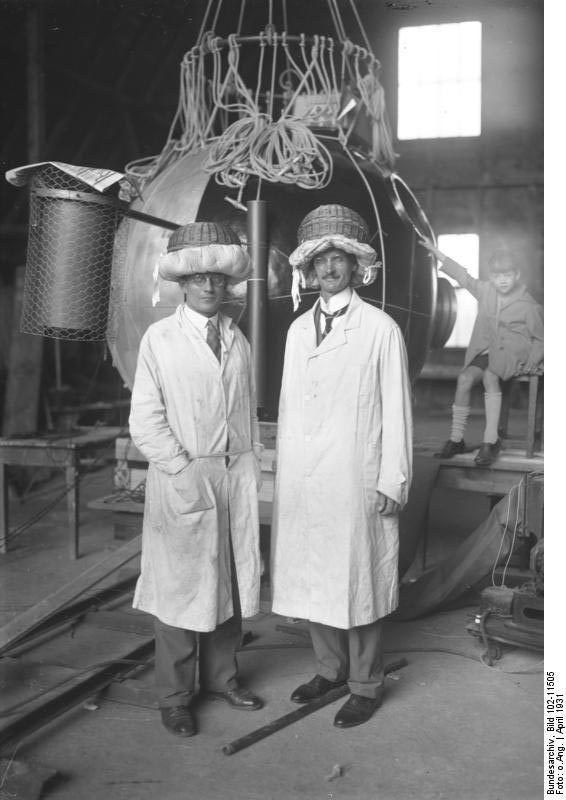
Auguste Piccard starts a series of record balloon flights to the upper atmosphere.
General Mills introduces Bisquick baking mix.
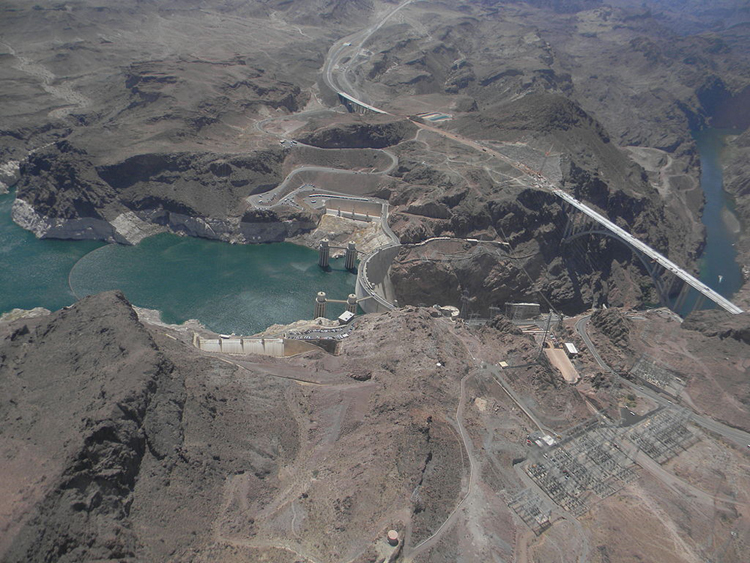
The Boulder Dam, later named the Hoover Dam, was constructed to provide water and hydro-electric power to low desert parts of the U.S.
C. S. Forester publishes Death to the French - a novel set during the Napoleonic Wars - and introduces the fictional character Horatio Hornblower.
Mars introduces the Mars bar and opens a separate Mars Company in the UK.
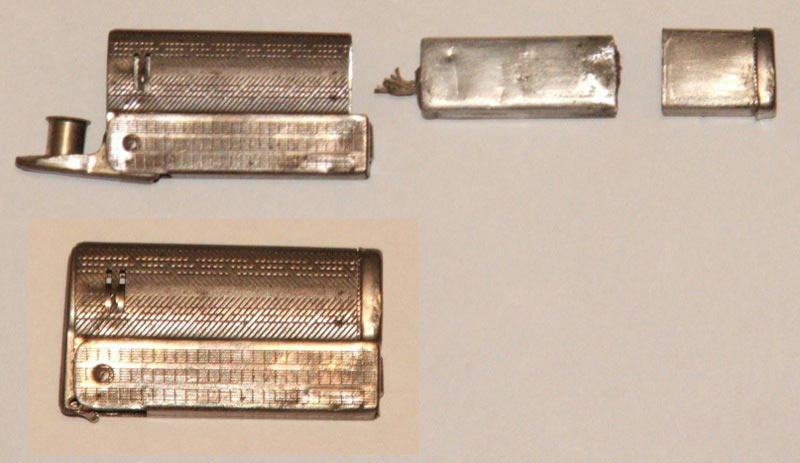
The Zippo Manufacturing Company is established, making lighters on an Austrian design.
Gold is discovered in Kenya.
Iraq declares independence from Britain.
At the Imperial Economic Conference, Britain agrees to give preferential treatment to certain goods from Commonwealth nations, and for Commonwealth countries to increase tariffs to non-Commonwealth nations.
British Medical Journal states that leaded petrol is dangerous.
Japan establishes an opium monopoly in its satellite state of Manchuguo.
Brown & Williamson introduce Kool menthol cigarettes.
President Roosevelt passes the Emergency Banking Act to stop the run on gold and silver.
Hitler is made Chancellor of Germany and attacks the terms of the Treaty of Versailles and spreads race-hatred and hatred of communism.
The UK gives preferential treatment to Commonwealth trade.
America passes the Silver Purchase Act and the Gold Reserve Act, effectively nationalising supplies of silver and gold.
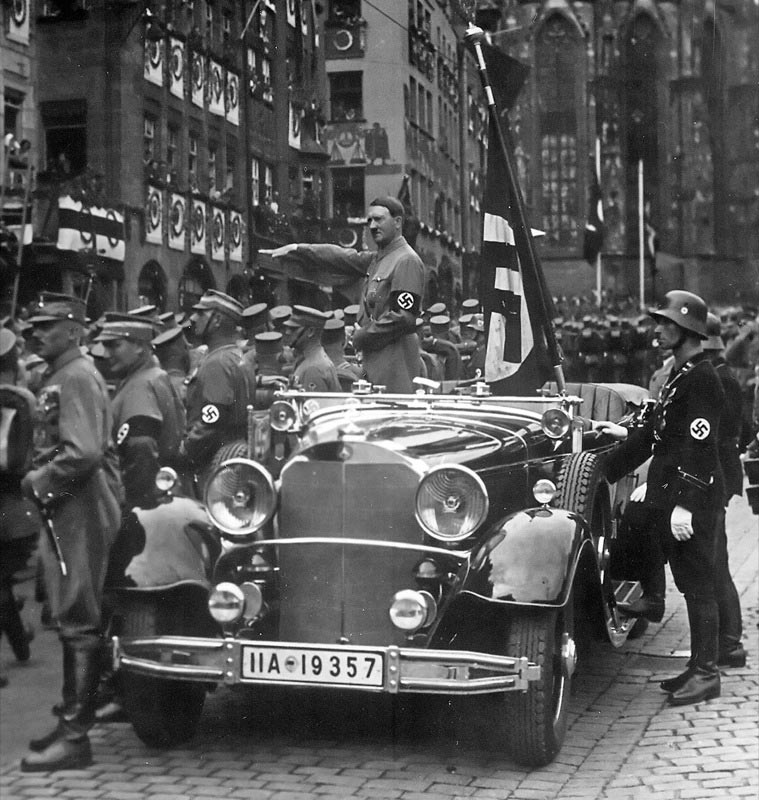
Hitler purges the Nazi leadership in the Night of the Long Knives.
Elvis Presley.
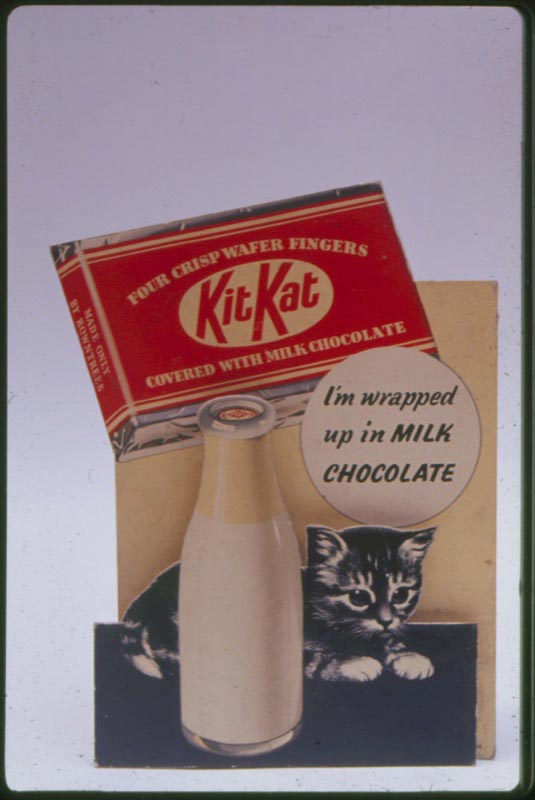
Rowntree's introduces the Kit Kat bar.
Gold and silver are commonly used in telecommunications switching packets.
Alcoholics Anonymous is founded in Akron, Ohio, by Bill Wilson and Dr Bob Smith.
Germany re-arms.
The Wilderness Society is formed.
The Republic of China implements its Six-Year Plan to suppress its domestic opium traffic.
The Canadian Wheat Board is established as a marketing agency to sell Canadian wheat.
Exhibition of Chinese Art at Royal Academy in London sees ceramics take its place alongside other art forms. This exhibition confirms the growing scholastic interest in Chinese porcelain as art.
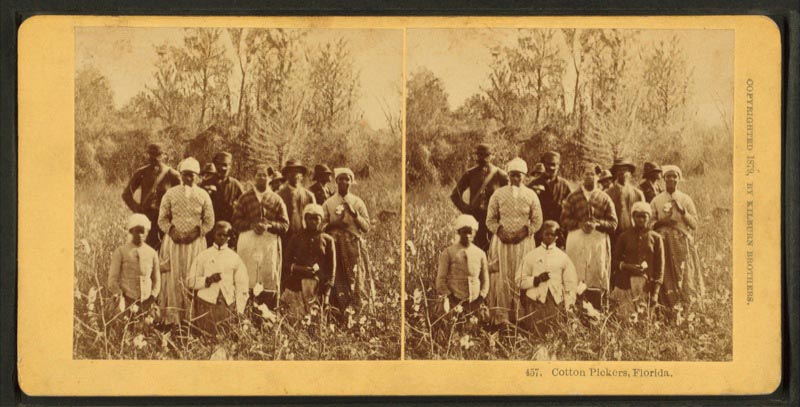
John D and Mack Rust introduce the mechanical cotton picker, making many farmhands redundant.
Coopers Inc. of Illinois introduce the cotton brief or 'jockey shorts'.
The appellation controllée system is introduced in France.
Italy invades Ethiopia.
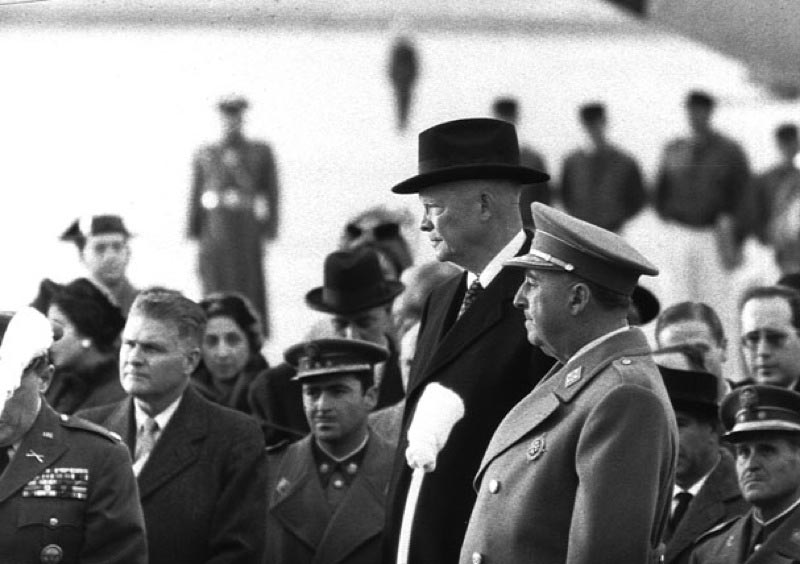
The Spanish Civil War results in a win by Nationalist forces under Franco, supported by the Nazis.
Germany reoccupies the Rhineland.
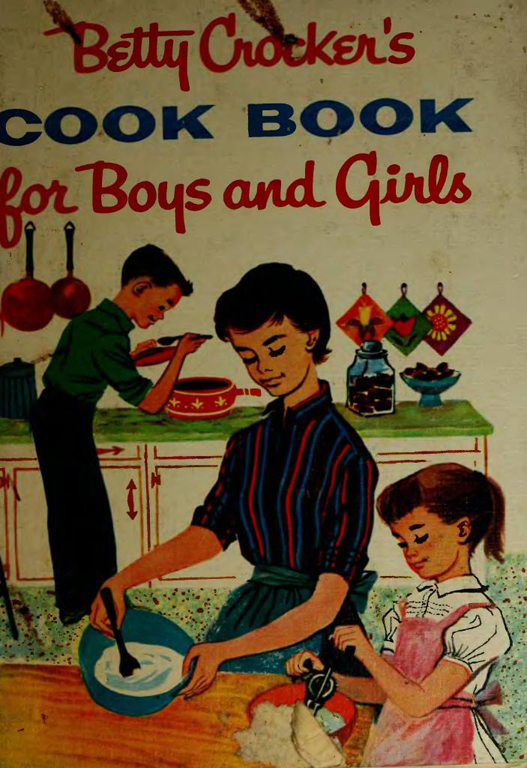
The first official portrait of the fictitious 'Betty Crocker' is printed.
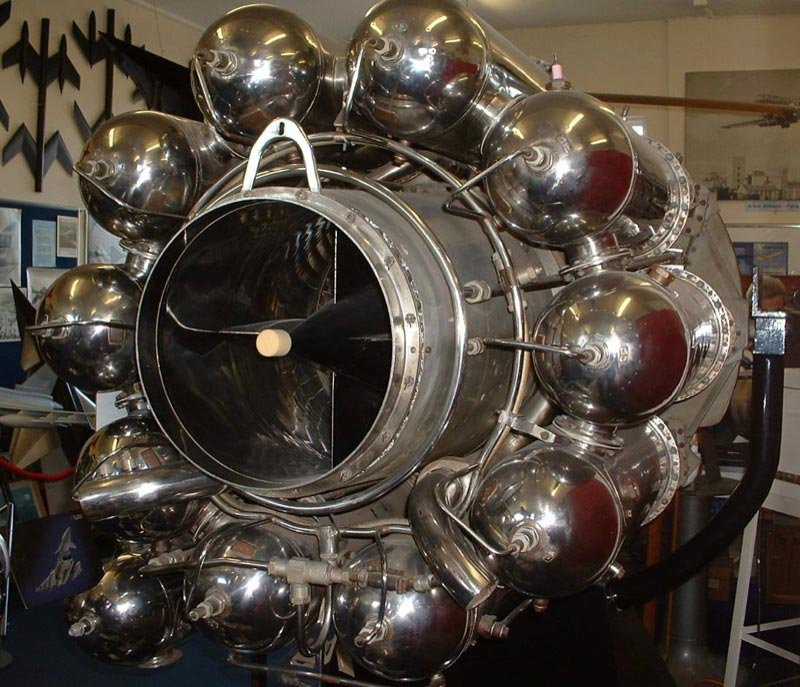
The turbojet engine is invented by Frank Whittle.
Alan Turing develops the concept of a theoretical computing machine.
Rowntree's introduces Smarties. Mars introduces Maltesers.
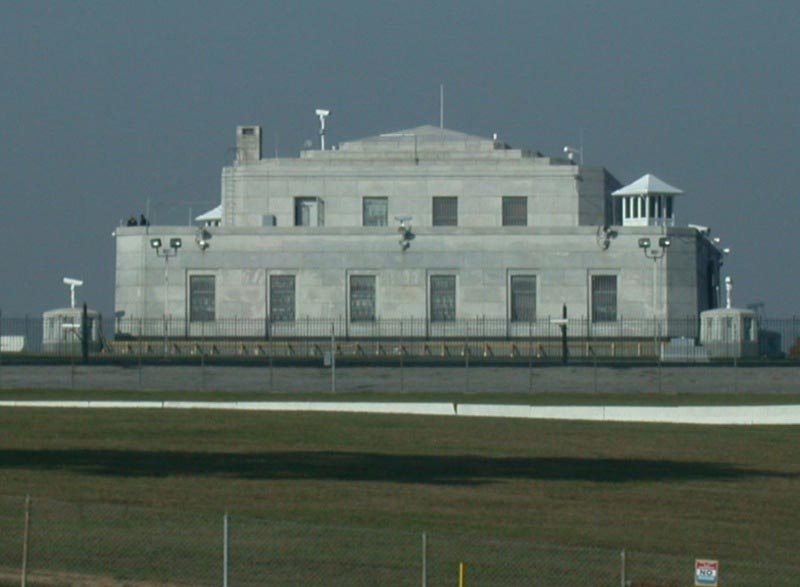
Fort Knox bullion reserve is opened in Kentucky.
The term "greenhouse effect" is coined by American Glen Thomas Trewartha.
Irish Constitution – Ireland becomes ‘Eire’ and the title ‘Irish Free State’ is no longer used.
The ballpoint pen is patented by Laszlo Biro in Paris.
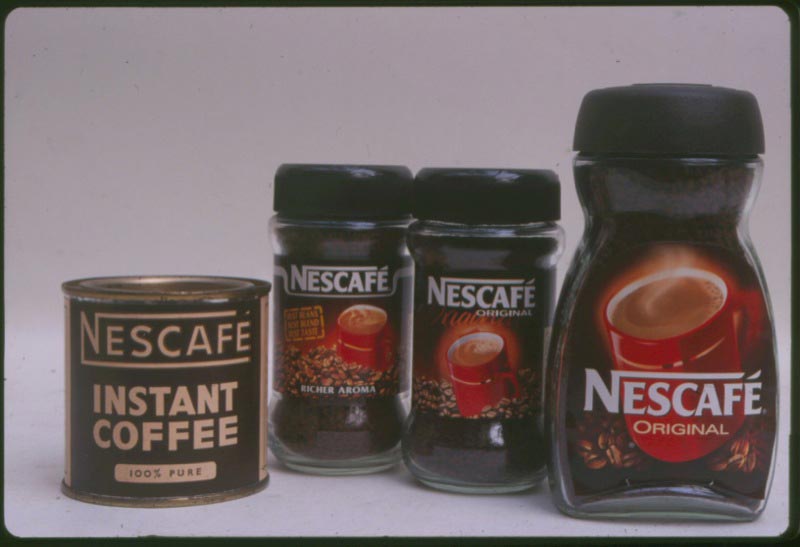
Nestlé invent freeze dried coffee and creates the Nescafé brand.
Dr Raymond Pearl writes Tobacco Smoking and Longevity showing that smoking shortens life.
The National Cotton Council of America is formed.
Kristallnacht sees widespread attacks on Jews in Germany.
Germany and Austria are forcibly reunited.
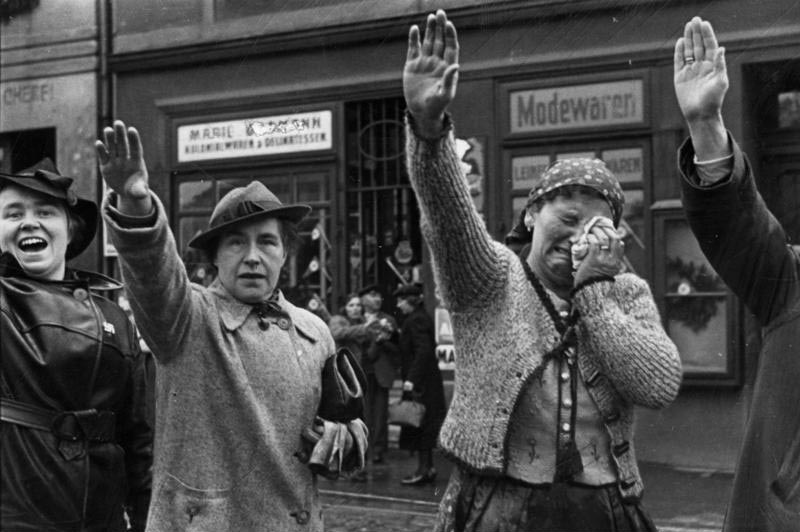
Germany annexes the Sudetenland from Czechoslovakia.
George S. Calendar, British engineer, publishes an article on the greenhouse effect, The Artificial Production of Carbon Dioxide and its Influence on Temperature. Using data from 200 weather stations around world between 1880 and 1934, Calendar finds the temperature is rising.
Japan establishes the Kōain (Asian Development Agency), which, among many other unrelated functions, is intended to centralize its imperial opium supply.
John Steinbeck publishes Grapes of Wrath.
American Tobacco introduces King Size Pall Mall cigarettes.
Germany invades Poland precipitating World War II.
World War II.
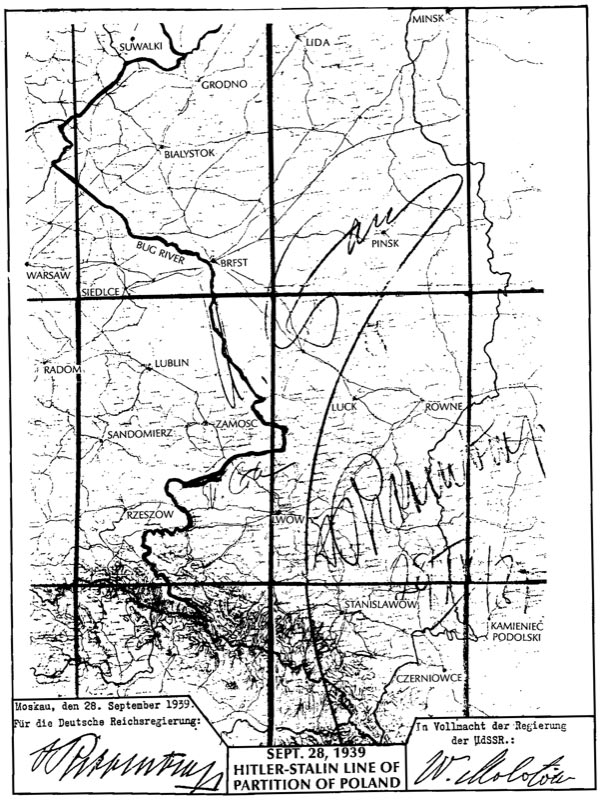
The Molotov-Ribbentrop Pact was signed, promising mutual non-aggression between Germany and the Soviet Union.
With no formal declaration of war, the Red Army invade Poland from the east, sixteen days after Germany had invaded from the west. The Russian Government claimed that, owing to the "disintegration" of the Polish State, it was their "sacred duty" to protect their blood-relations living on Polish territory.
Winter War. The conflict ended with the signing of the Moscow Peace Treaty.
Access to oil is considered crucial in the victory of the Allies over the Axis powers. Oil policy is prioritised by the US at the end of the war.
Albert Einstein informs President Roosevelt of the importance of research on nuclear chain reactions and the possibility that research might lead to developing powerful bombs.
The US imports 70% of the world's coffee crop.
Coffee breaks are introduced in American wartime factories.
Germany invades Denmark and Norway.
Germany invades Belgium and the Netherlands.
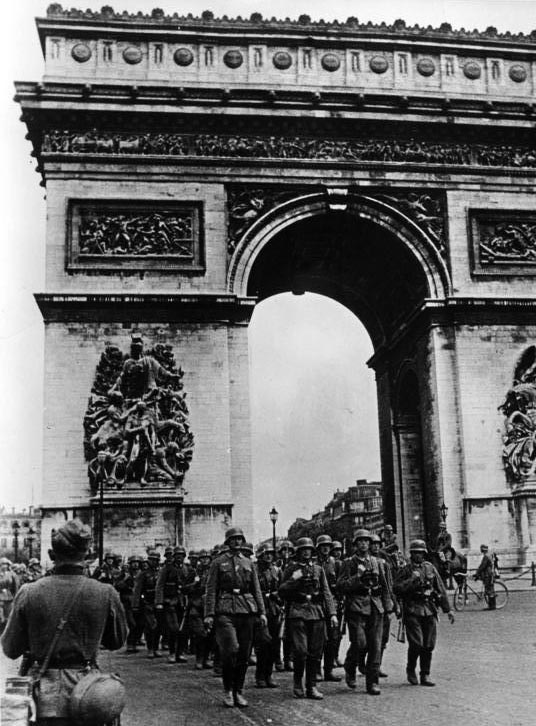
Germany invades Paris and France surrenders. British forces escape at Dunkirk.
The Battle of Britain commences and aerial battles rage for 3 months. The RAF gradually gain the ascendency and plans for invasion are shelved.
Italy sides with Germany and declares war on the Allies.
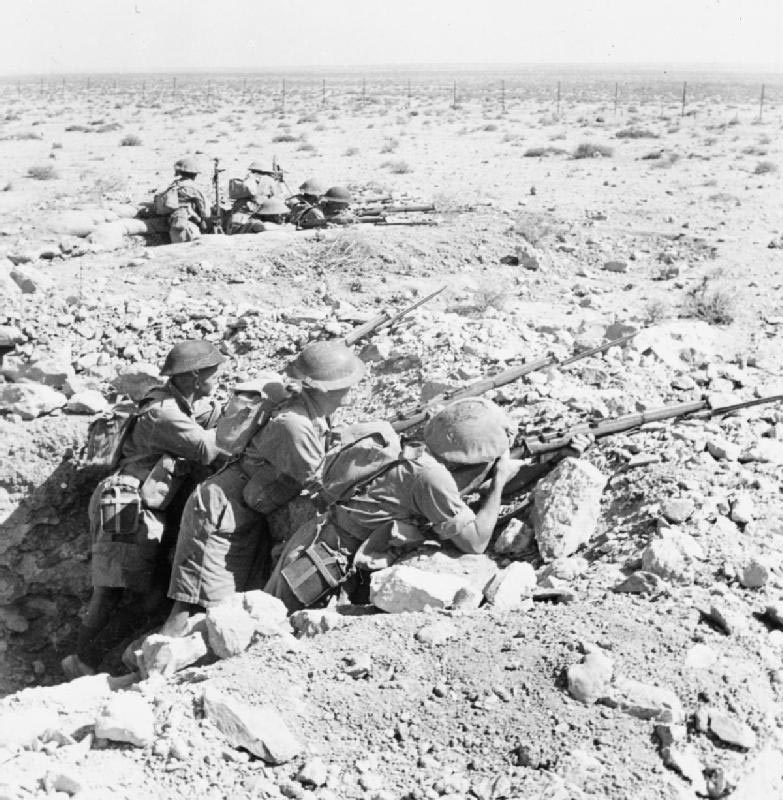
The War in North Africa commences and see-saws repeatedly.
Winston Churchill is British Prime Minister. He returns to power 1951-1955.
The Jeep was developed by Willys-Overland Motors.
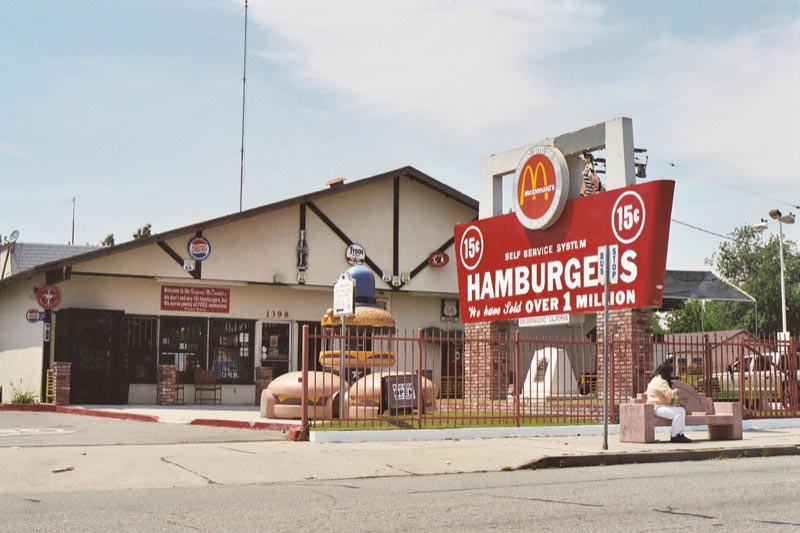
The first McDonald's burger restaurant opens in San Bernardino, California. Within 75 years there will be more than 33,000 McDonald's restaurants around the world.
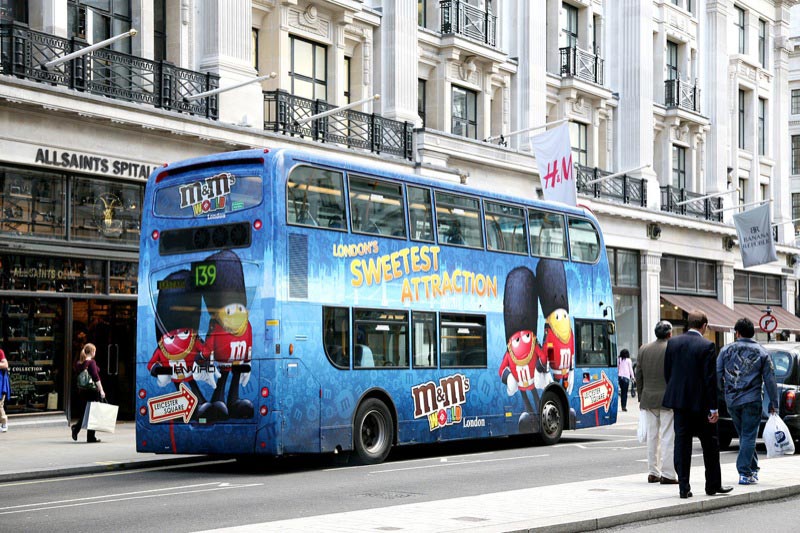
Mars introduces M & M's.
John Rex Whinfield and James Tennant Dickson invent polyethylene terephthalate, which forms the basis of polyester and terylene.
A ship containing 20,000 cases of whisky is wrecked off the Isle of Erisay in the Hebrides prompting the story 'Whisky Galore' by Compton Mackenzie.
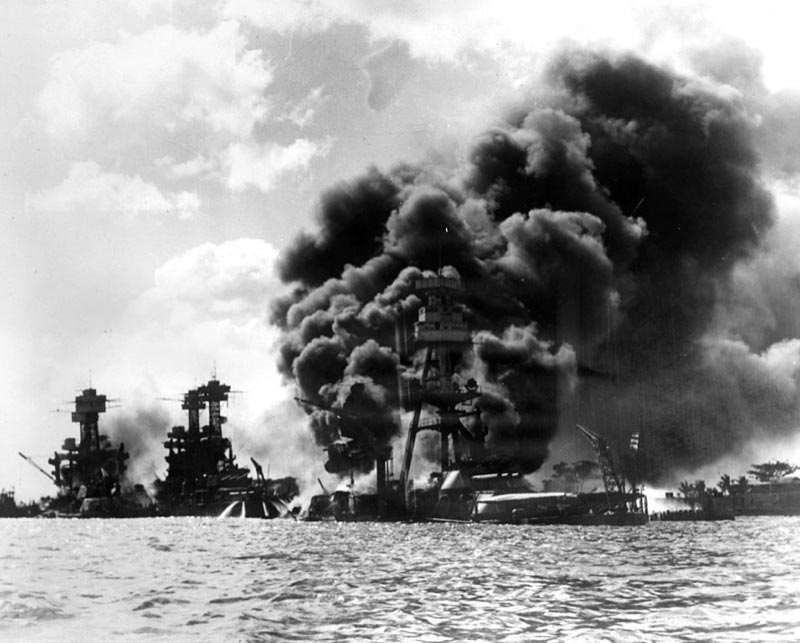
Japan attacks US forces at Peal Harbour, Hawaii, provoking American entry into the war.

Solar water heaters are being used extensively in Florida and California.
Soviet-Japanese Neutrality Pact signed.
Hitler begins Operation Barbarossa - the invasion of Russia.
Peak production year for Japan's opium monopoly in Korea.
The Battle of Stalingrad rages for 9 months, ending with a Russian victory.
Battle of El Alamein - Montgomery defeats the German and Italian forces and provokes a retreat.
Japanese forces capture Singapore.
Japanese forces capture the Philippines.
Reinhard Heydrich starts formal implementation of the Final Solution programme to wipe out Jews, Gypsies and the disabled.
Battle of Midway - America gains a decisive naval and air victory over Japan and changes the tide of the War in the Pacific.
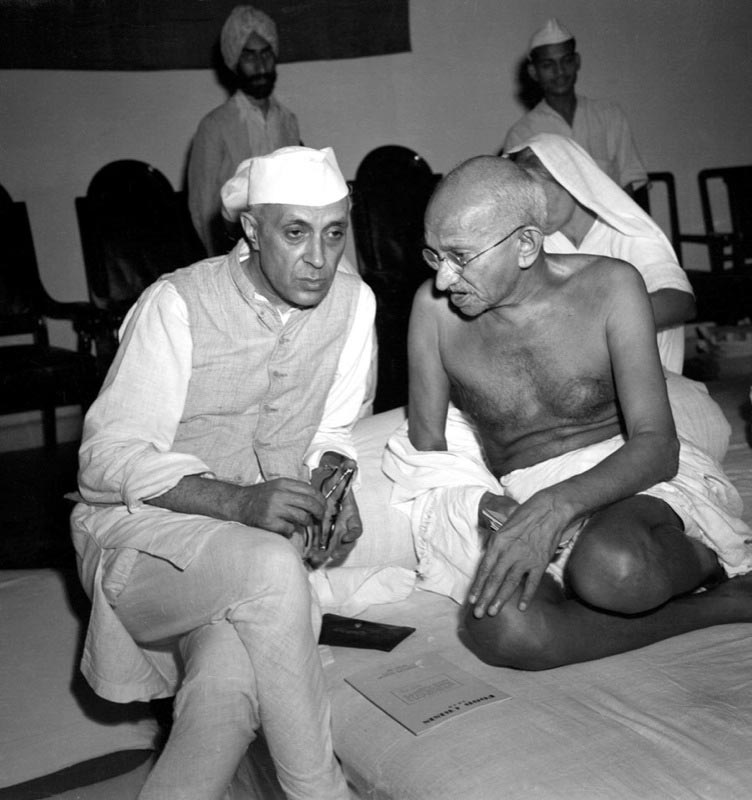
The Quit India movement is started by the Indian National Congress.
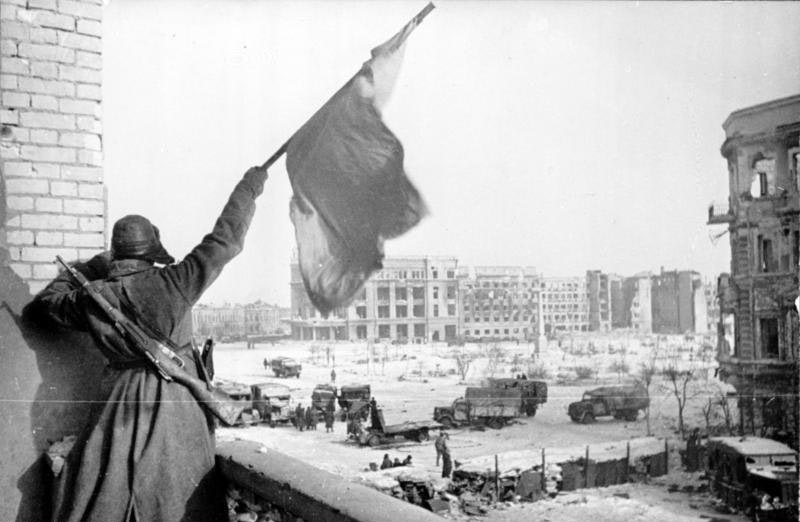
Battle of Stalingrad.
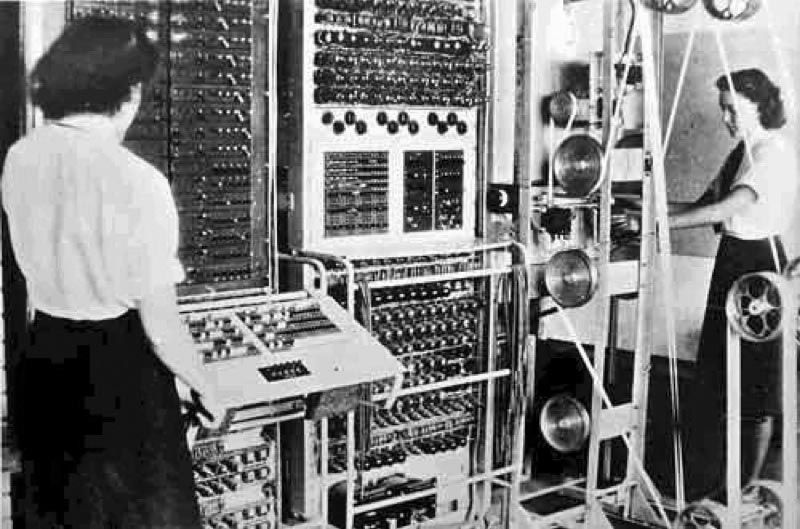
Alan Turing develops the code-breaking machine Colossus.
The War in North Africa finishes with the defeat of German forces in Tunisia. American forces helped with the final assault.
Allied forces invade Italy.
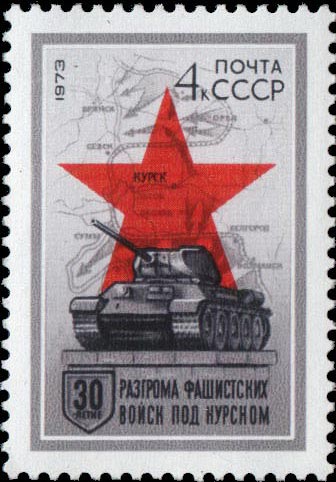
Battle of Kursk - Russian forces win the largest tank battle in history.
Jacques Cousteau pioneers the aqualung and popularises the idea of undersea exploration.
IKEA is founded in Sweden.
The Canadian Wheat Board is granted a monopoly in trading in Canadian wheat.
The Hanford site is developed to produce plutonium as part of the Manhattan Project. The B Reactor was the first large-scale plutonium production reactor in the world.
The Bretton-Woods Agreement establishes the International Monetary Fund and pegs various currencies against the US dollar, which is still fixed against gold.
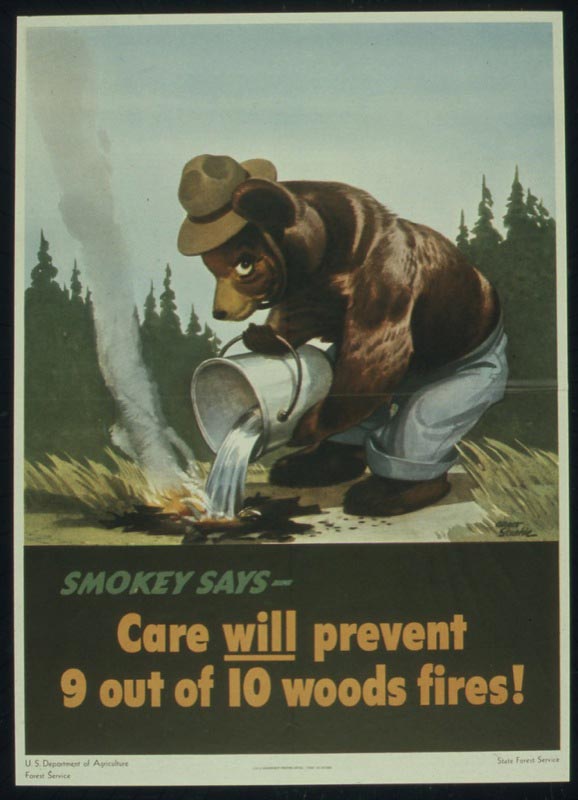
Smokey Bear first appears in campaigns to prevent forest fires.
D-Day. Allied forces invade France.
Allied forces retake Paris.
Russia occupies Poland.
The Red Army captured Bucharest, Romania. Soviet troops maintained their presence until 1958.
The Moscow Armistice was signed, ending the Continuation War between Finland and the USSR.
Bob Marley. He succeeds in making Reggae music popular around the world.
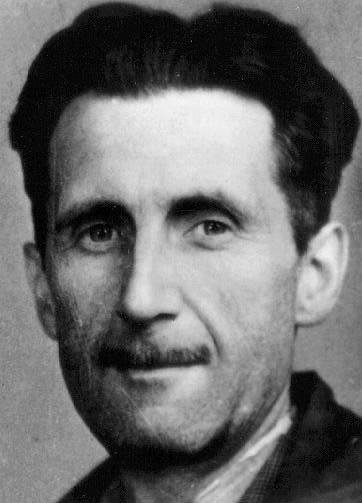
Animal Farm is written by George Orwell, an allegory of the Stalin regime in Russia.
DDT is widely used as an insecticide by farmers to control pests in wheat, cotton and other crops.
Following the war where they were issued as undershirts in the military, T-shirts become a popular under and outer garment.
North Vietnam achieves independence from France following the August Revolution. The production of opium increases.
VE Day. The Allies celebrate the German surrender and the end of the war in Europe.
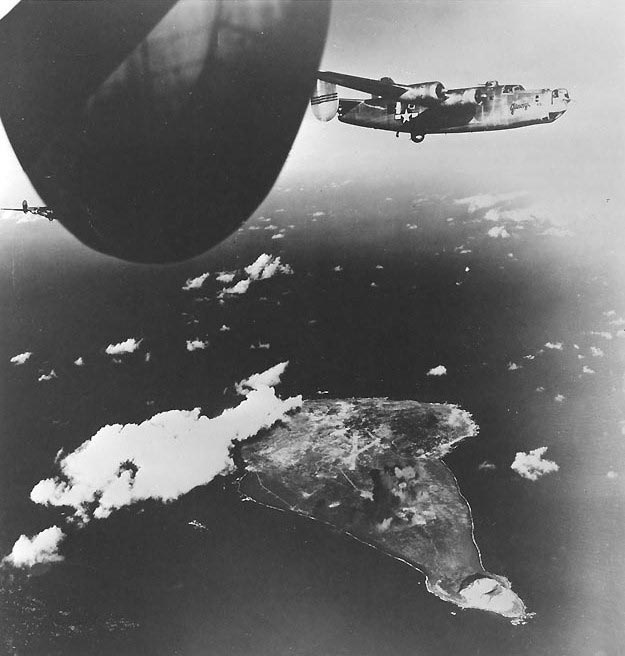
American forces invade Iwo Jima and meet continued fierce resistance.
American bombers drop an atomic bomb on Hiroshima.
American bombers drop an atomic bomb on Nagasaki.
Japan surrenders, ending World War II.
Hitler commits suicide in Berlin.
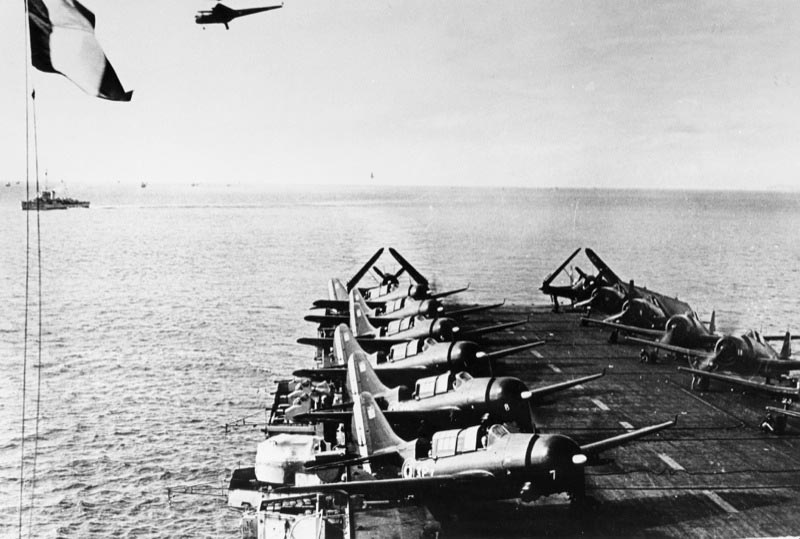
The French Indochina War. France reoccupies its colonies after the war and meets fierce resistance in Indochina, which results in France being forced to withdraw.
Wilfred Thesiger explores Arabia.
After committing to join the war effort against Japan, the Soviet Union gained the right to Sakhalin and the Kuril Islands at the Yalta Conference.
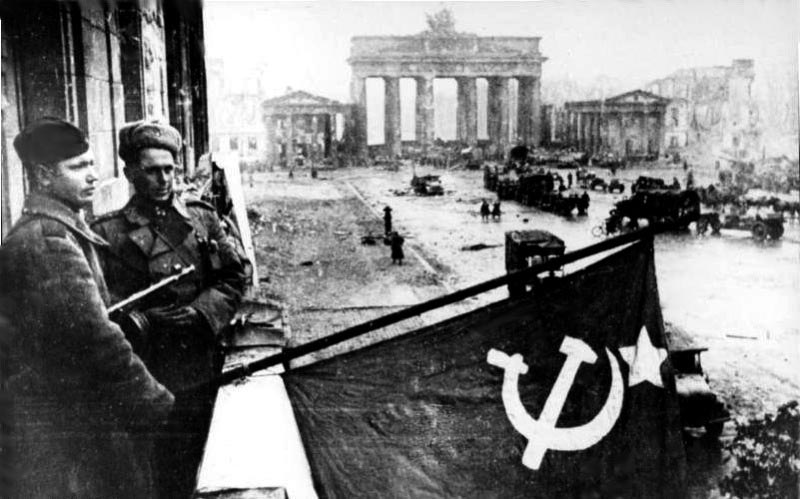
Battle of Berlin.
DDT is widely used as an insecticide by farmers to control pests in wheat, cotton and other crops.
The microwave oven is invented by Percy Spencer.
Achilles Gaggia invents the modern Espresso machine.
The modern Cappucino is invented using the modern Espresso machine.
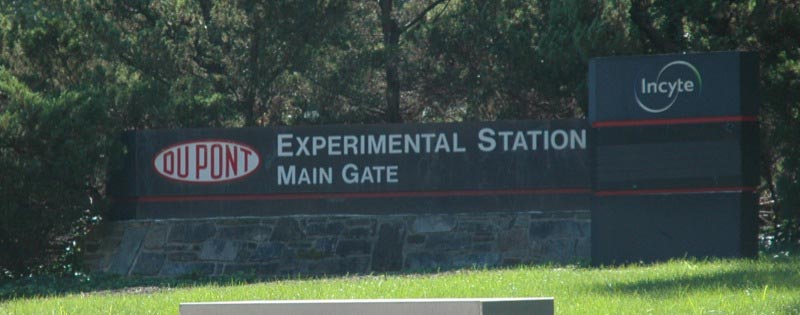
DuPont buys the rights to polyethylene terephthalate from ICI and introduces polyester in America 5 years later as a fabric requiring no ironing.
America assumes control of the Marshall Islands from Japan following World War II and uses them for nuclear testing.
Juan Peron seizes power in Argentina.
The Philippines declare independence.
The Soviet Union relinquish their occupations in Iran.
Creation of the Valrhona chocolate brand.
China closes its tobacco market to foreign companies.
AT&T Bell create the first transistor using gold contacts.
India gains independence from Britain and Pakistan is established as a separate country.
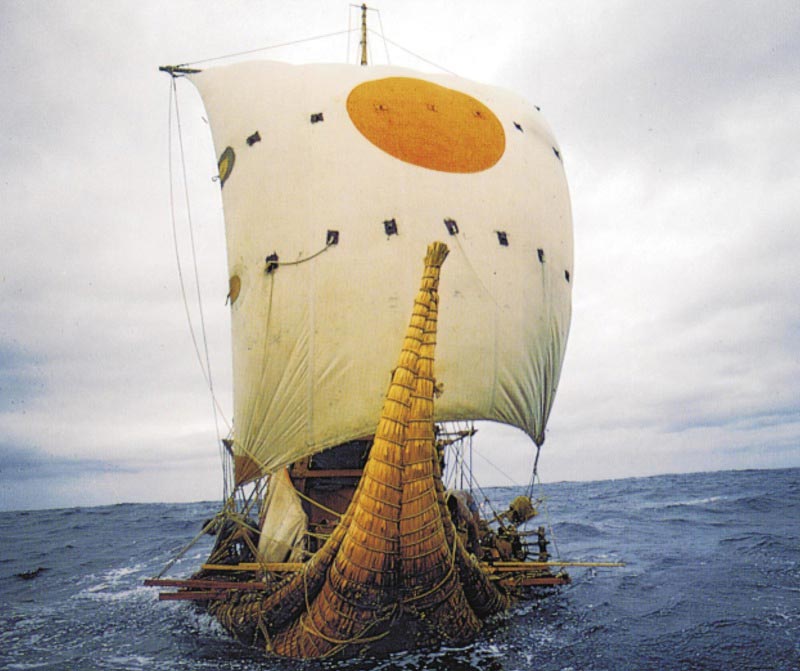
Thor Heyerdahl's Kon-Tiki expedition proved that it was possible to sail across the Pacific from Peru to Polynesia on primitive rafts.
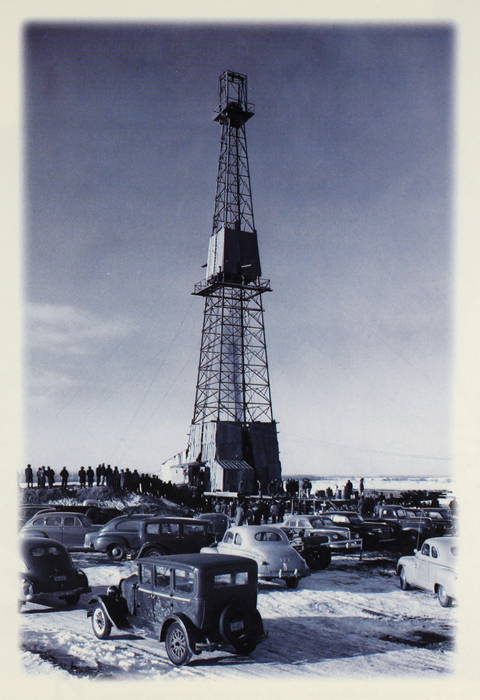
Imperial Oil brought Leduc No.1 into production in the presence of invited guests and the media. The discovery of oil transformed the economy of Alberta and other areas of Western Canada.
The International Tea Agreement regulates the production and prices of tea.
Michel Cluizel starts making high quality chocolate in Normandy.
The Rembrandt Tobacco Company is founded by Anton Rupert in South Africa.
Opium production in Burma rises after independence.
The Marshall Plan is announced - an American-funded plan to rebuild the post-war economies of western Europe.
Israel is founded from the Palestine mandate.
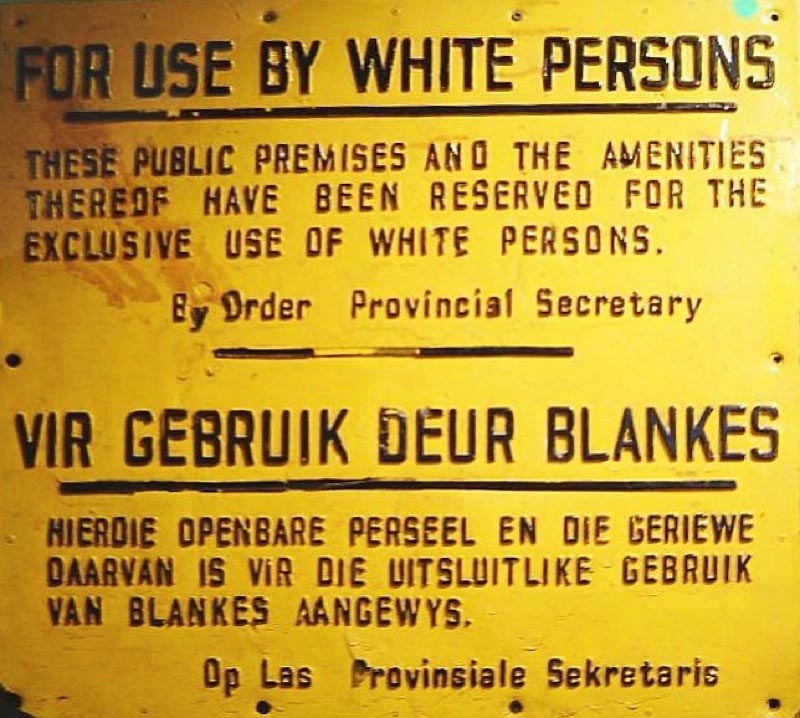
Apartheid is introduced in South Africa.
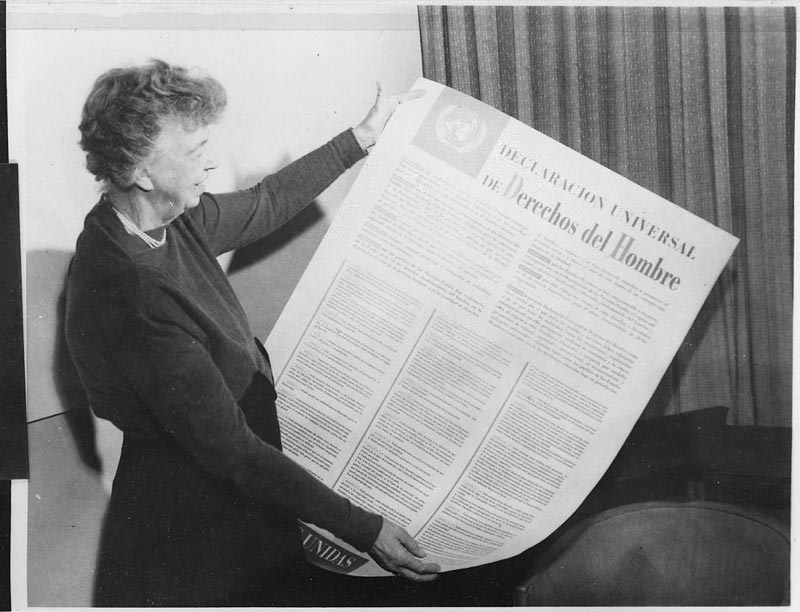
The United Nations passes the Universal Declaration of Human Rights.
Sri Lanka declares independence from Britain.
Lost City of the Incas is written by Hiram Bingham III.
Ghawar oil field discovered in Saudi Arabia - it is the largest conventional oil field in the world.
Fairfield Osborne publishes Our Plundered Planet.
United Biscuits is formed from a merger between McVitie & Price and MacFarlane Lang. They specialise in crackers, twiglets and biscuits.
George Orwell publishes his dystopian novel Nineteen Eighty Four.
Rural handloom weaving is destroyed in China following the Revolution and textile mills predominate.
People's Republic of China is established by Chinese Communist forces led by Mao Zedong.
Germany is divided into East and West Germany in the aftermath of World War II. Berlin is also divided.
Korea is partitioned and given independence in the wake of World War II.
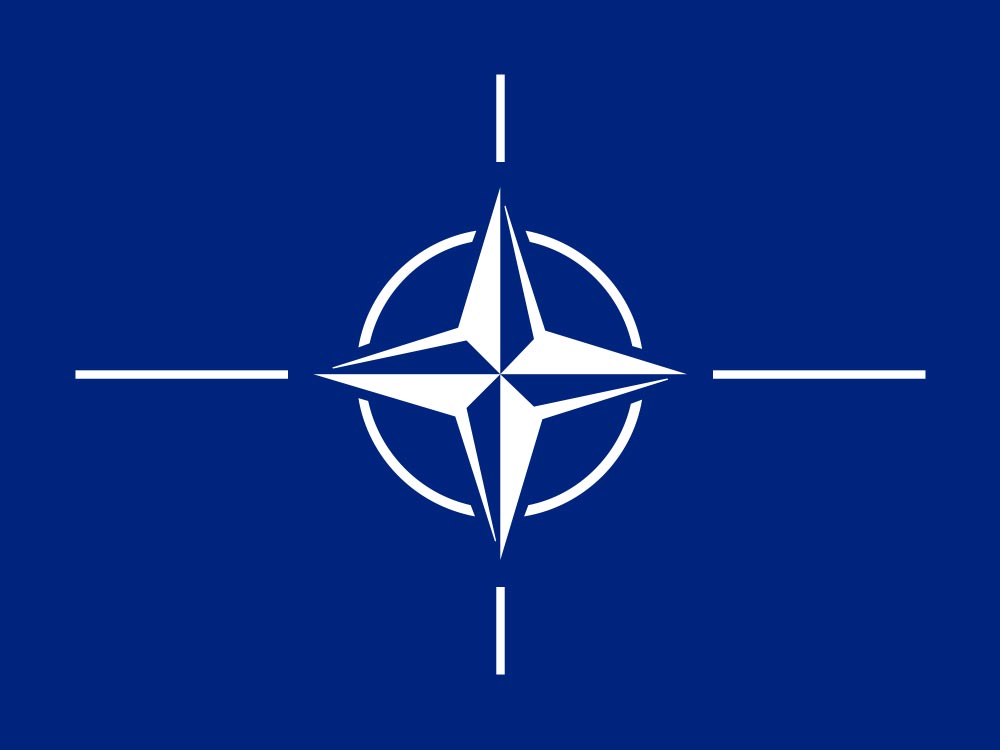
Creation of NATO, an alliance of western countries against the threat of Russia and the eastern Bloc powers.
The Dominion of Newfoundland is amalgamated into Canada.
The London Declaration drops 'British' from the Commonwealth and accepts republican countries as members.
First United Nations conference in held on the environment.
The first Soviet nuclear explosive device (RDS-1) was successfully tested at a yield of 22 kilotons.
Eire becomes ‘Republic of Ireland’ and leaves the Commonwealth.
Over 13.5m tons of chemical fertiliser are used worldwide.
The Kenyan Tea Board is established as tea planting takes off in East Africa.
Coffee is planted in New Guinea.
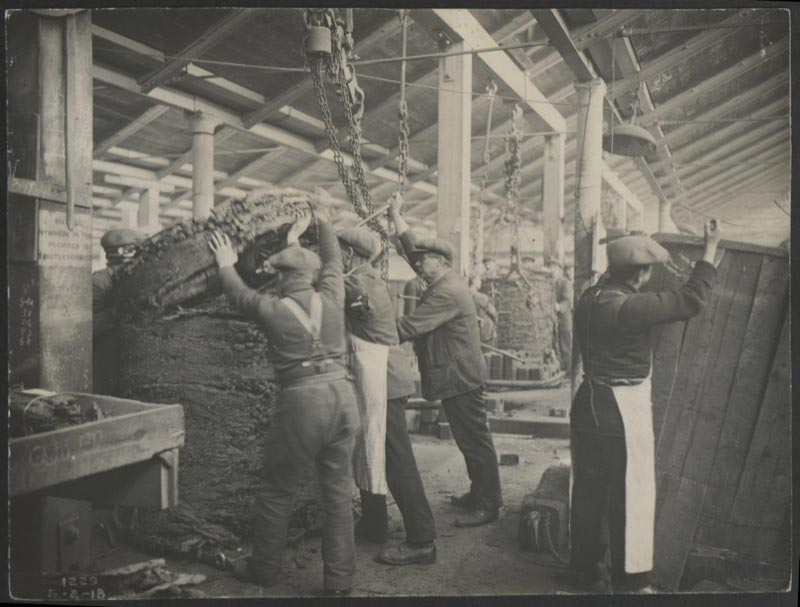
Morton Levin makes an unambiguous link between smoking and lung cancer.
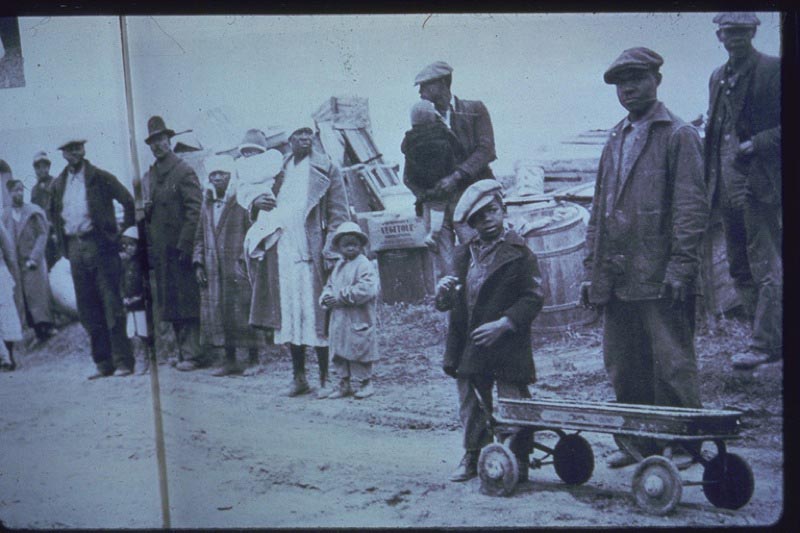
Harvesting machinery replaces sharecroppers on American farms.
McCarthyism emerges in America as an intense hatred of communism.
The Korean War ends in a stalemate as America, Australia and other forces face China and North Korea. The country is divided at the 38th parallel.
Jacques Cousteau founds the French Oceanographic Campaign.
In a telegram to Shtykov, (the Soviet Ambassador to North Korea) Stalin writes in regard to North Korea's planned invasion of the South: "tell him (Kim II Sung) that I am ready to help him in this matter".